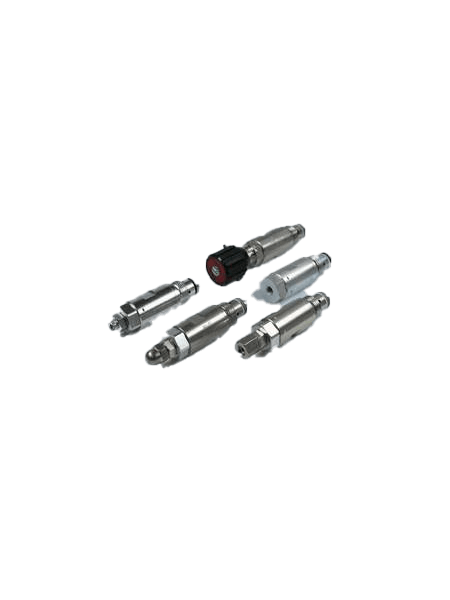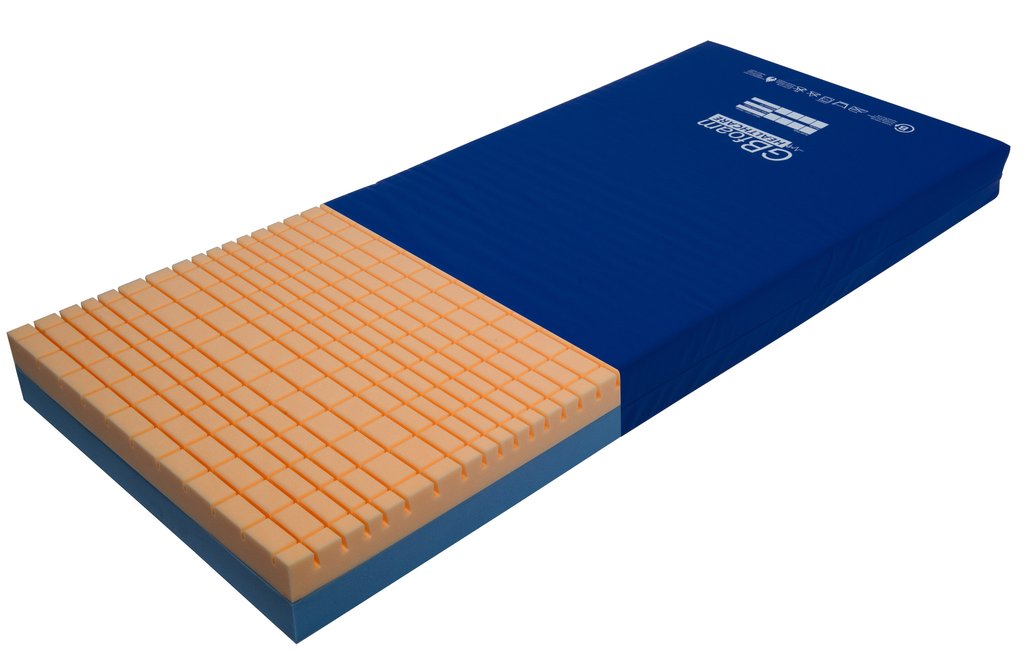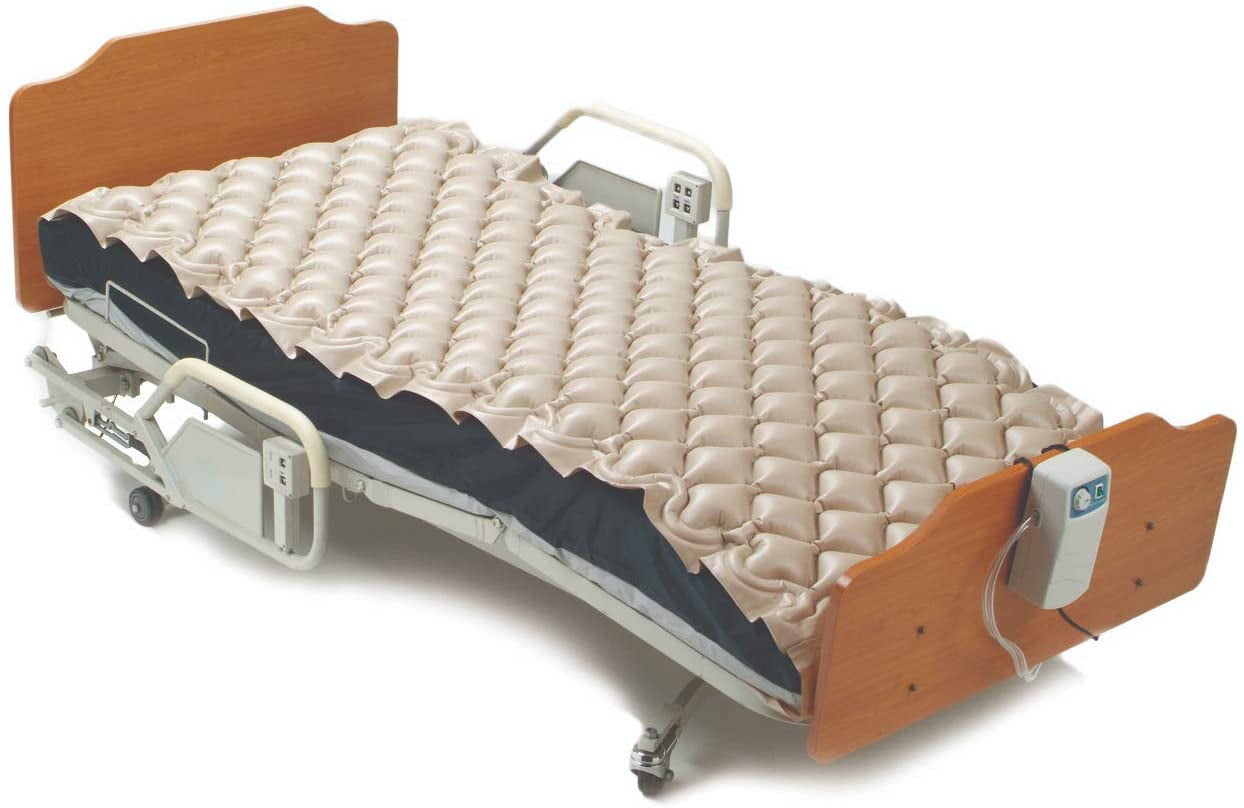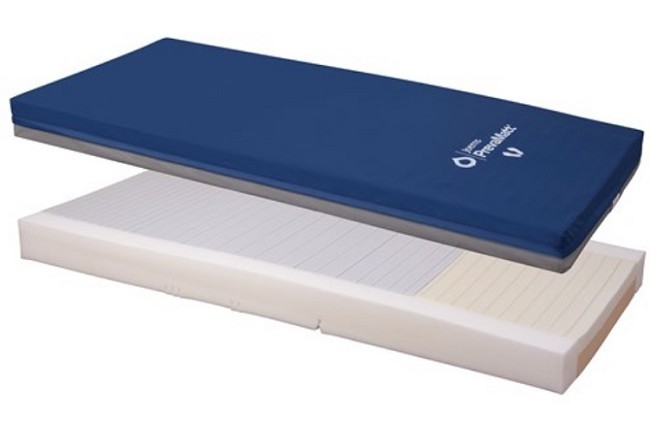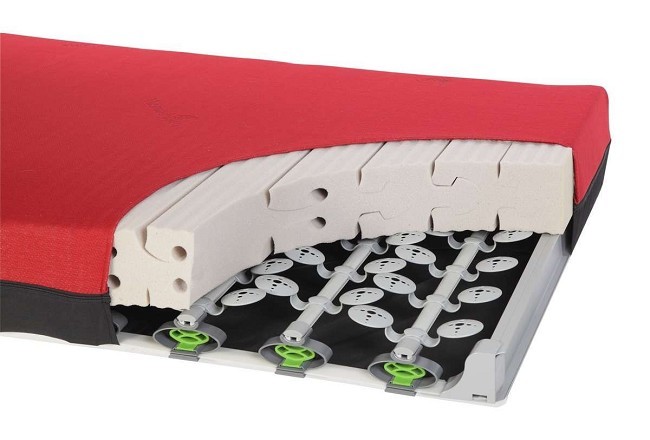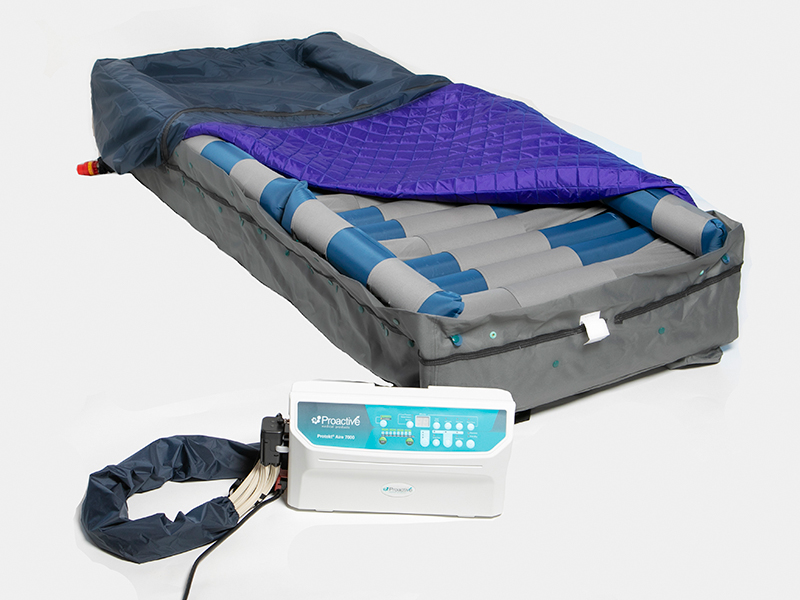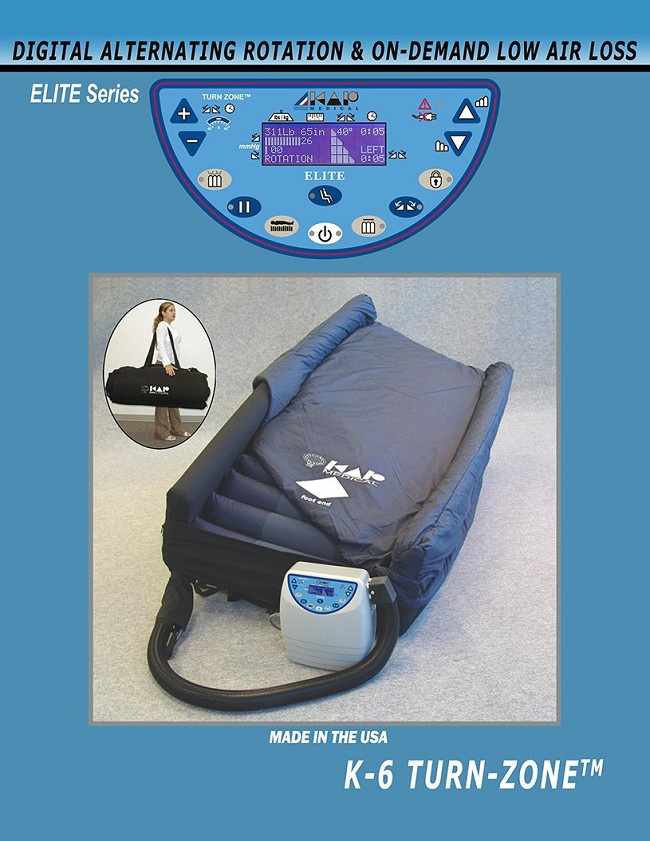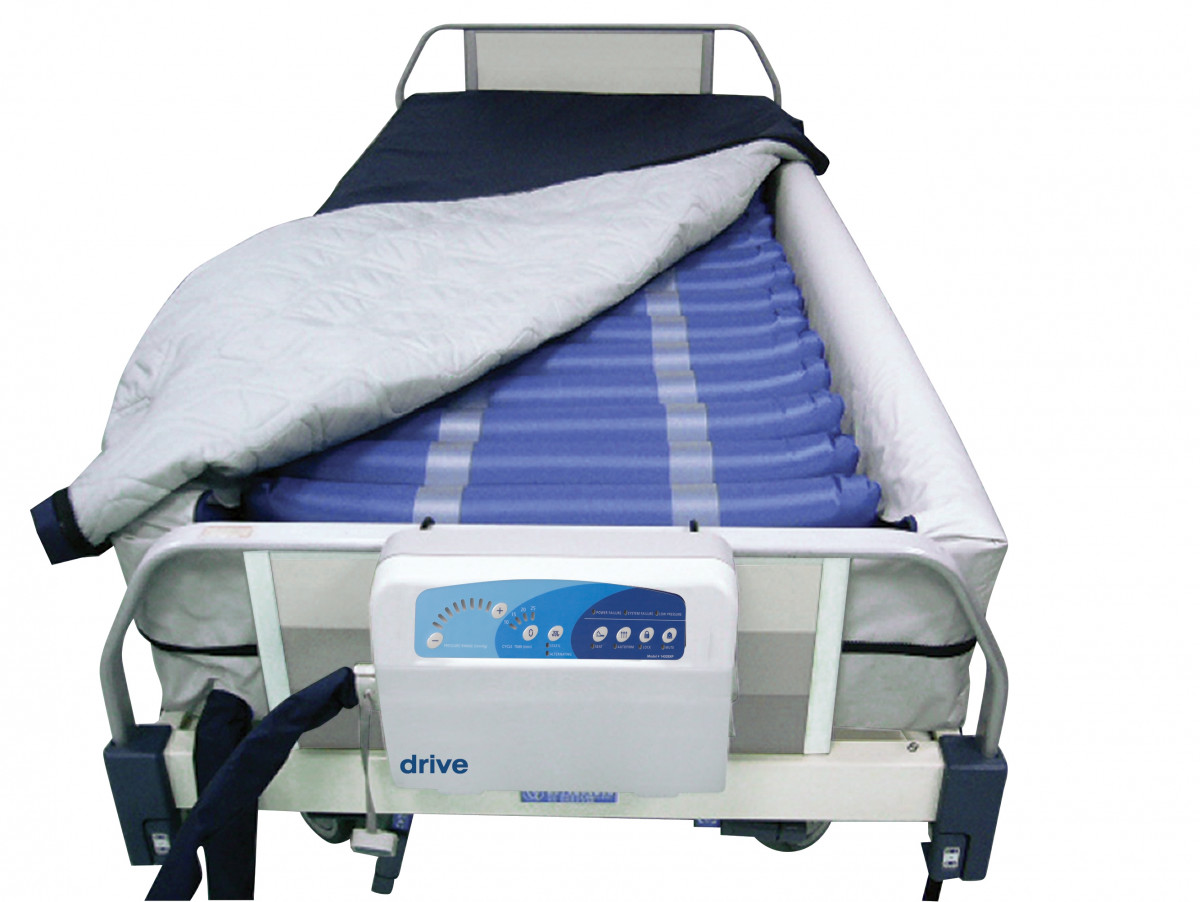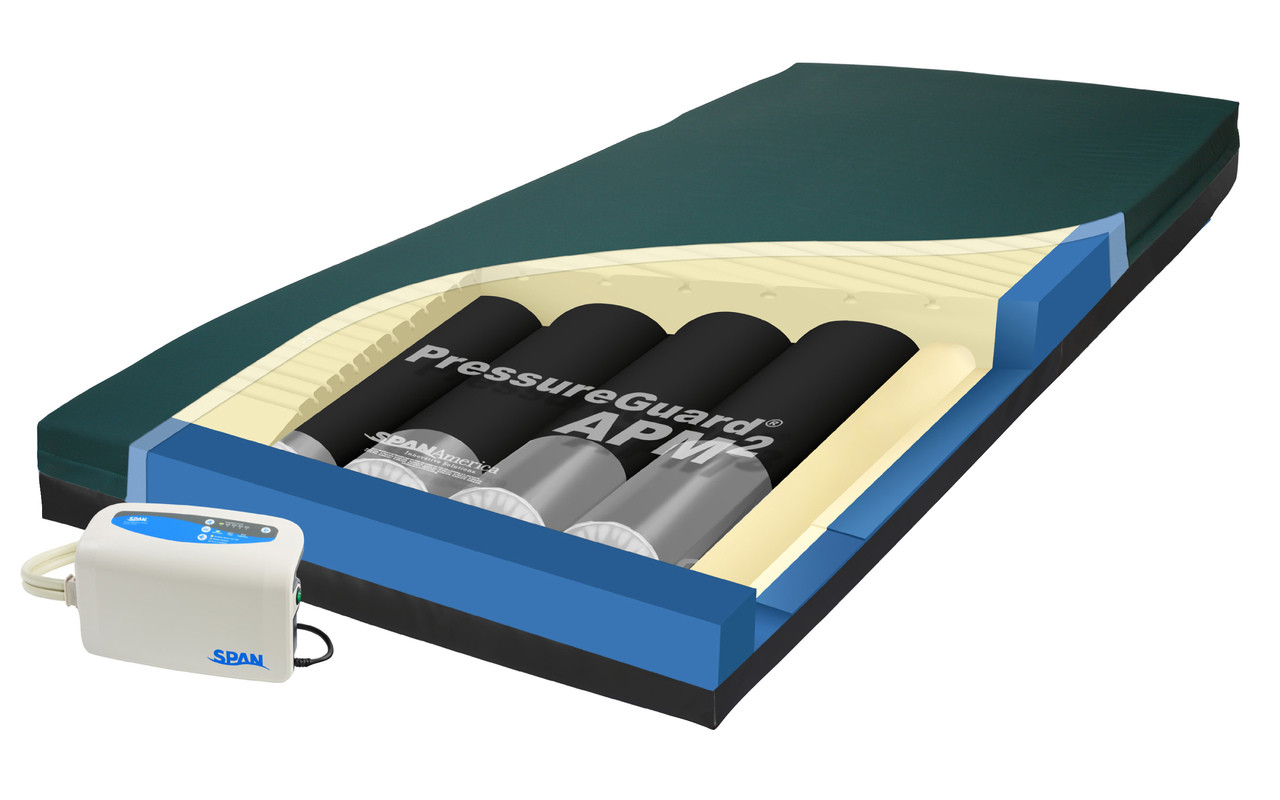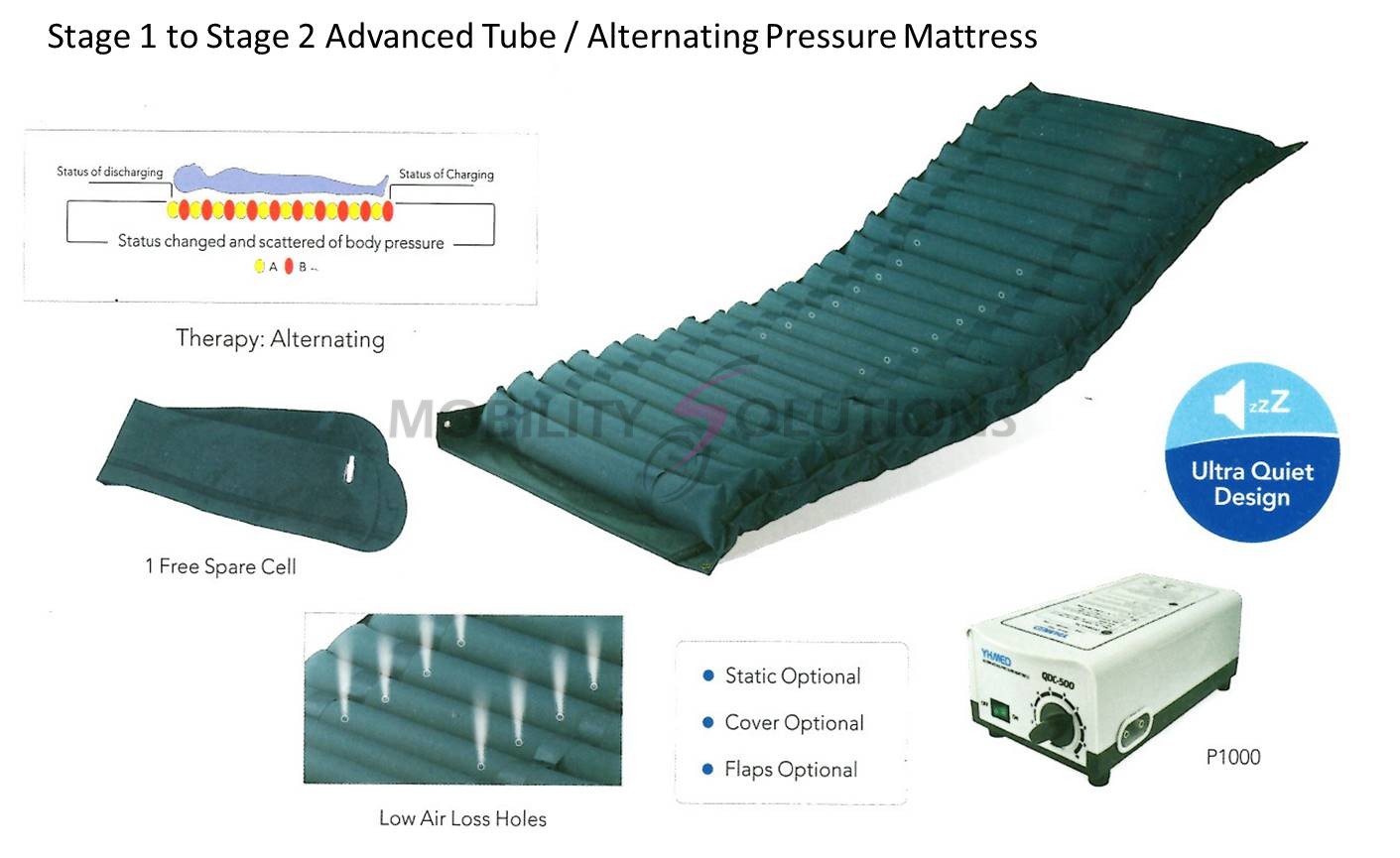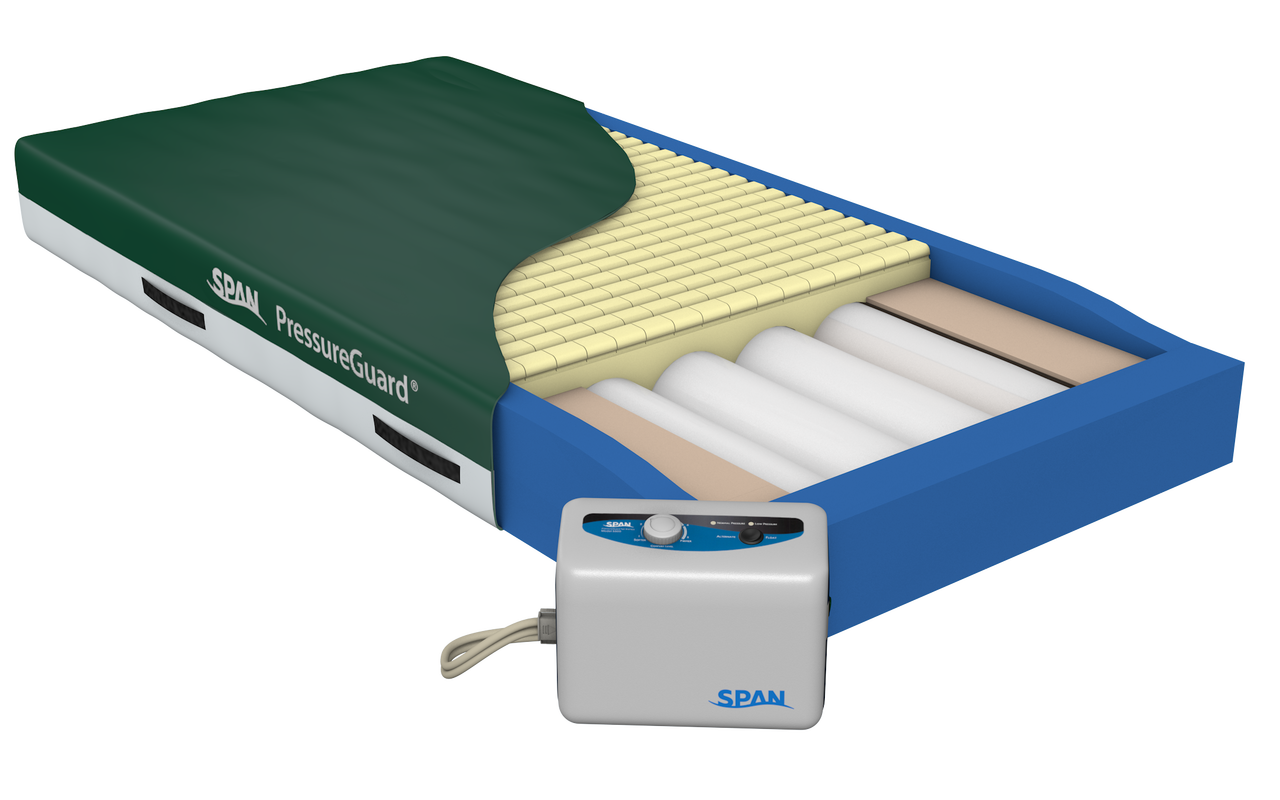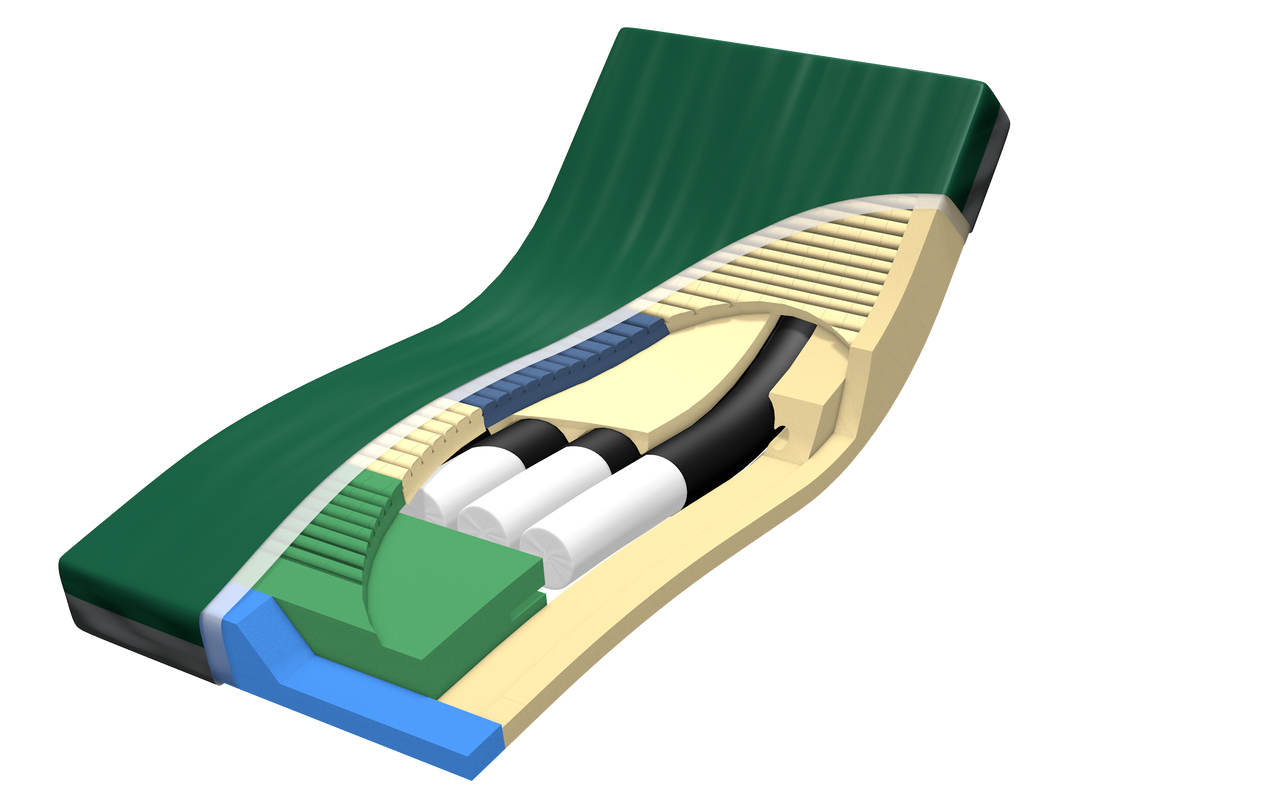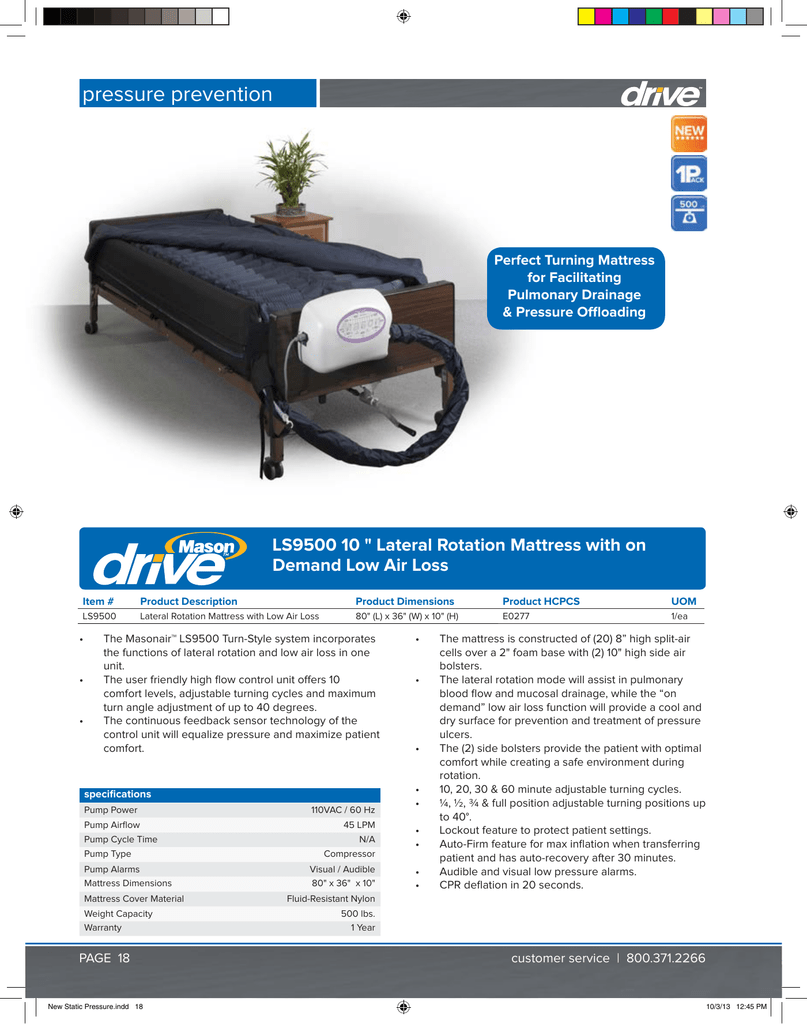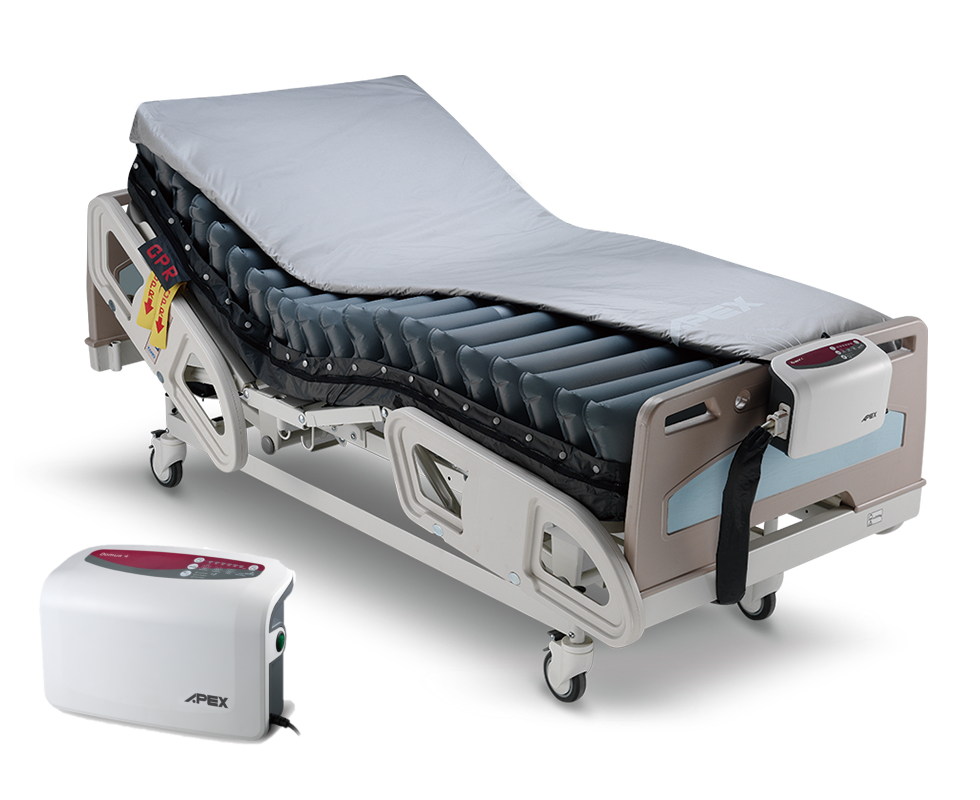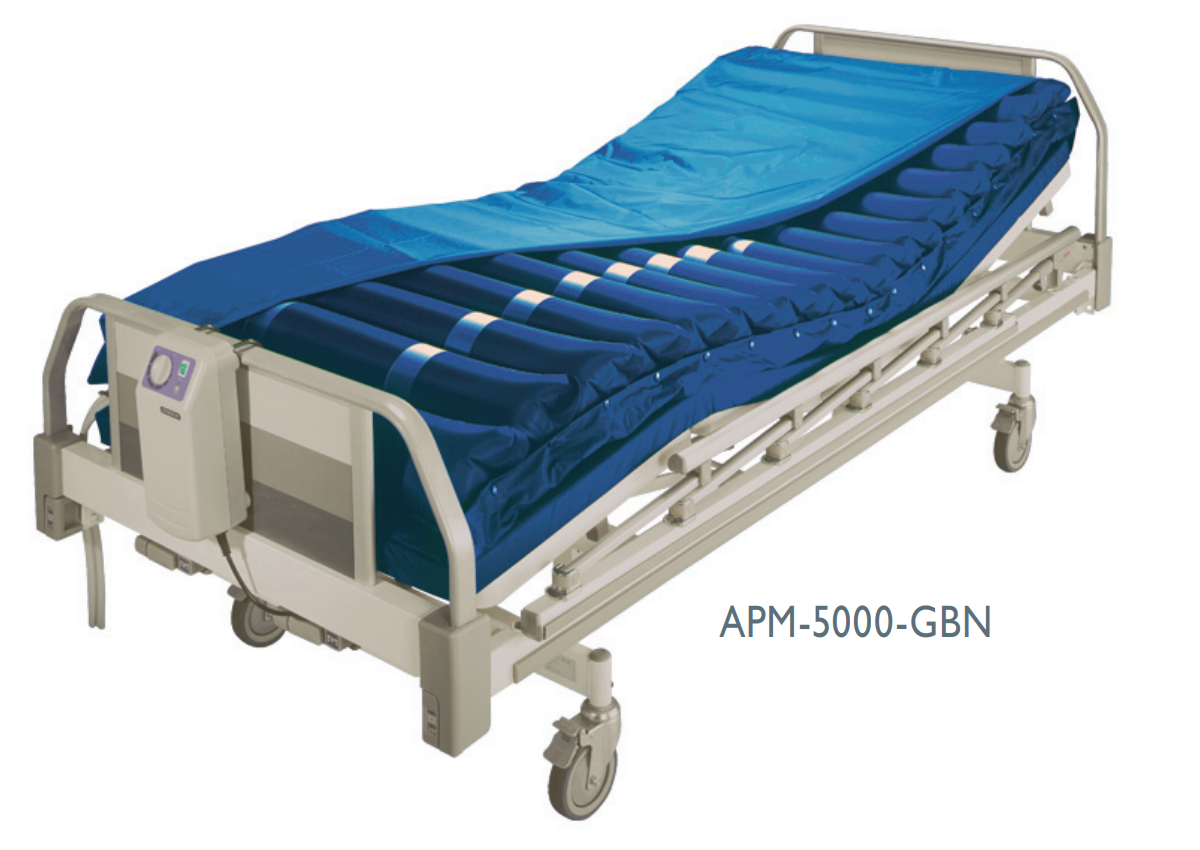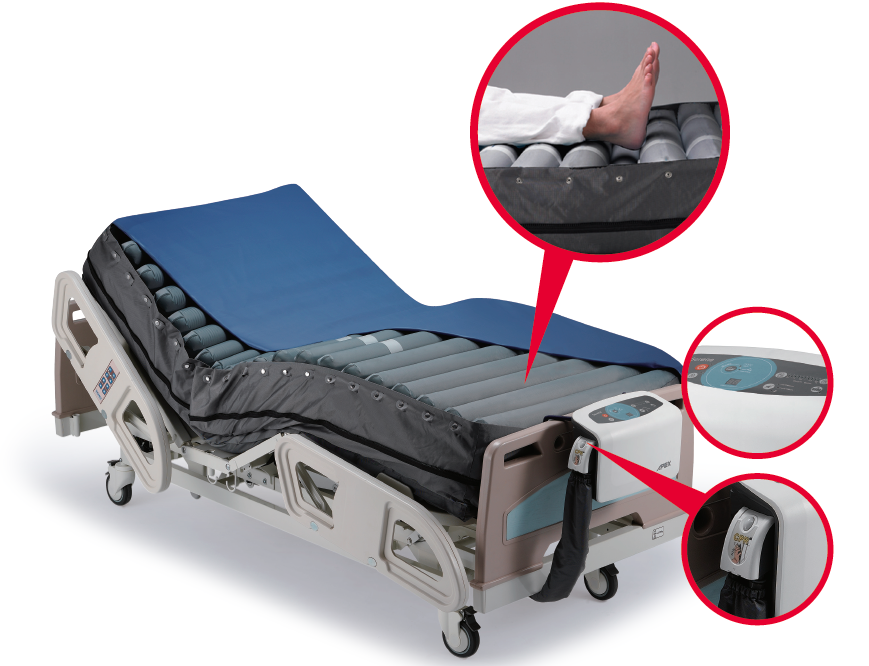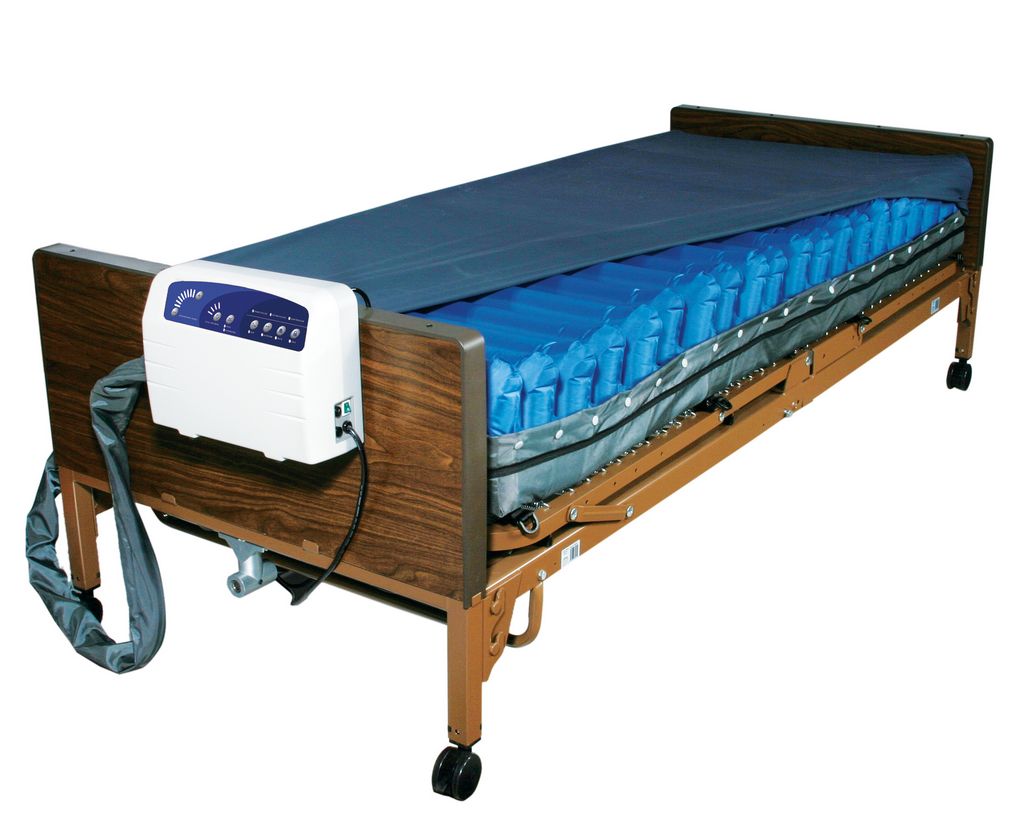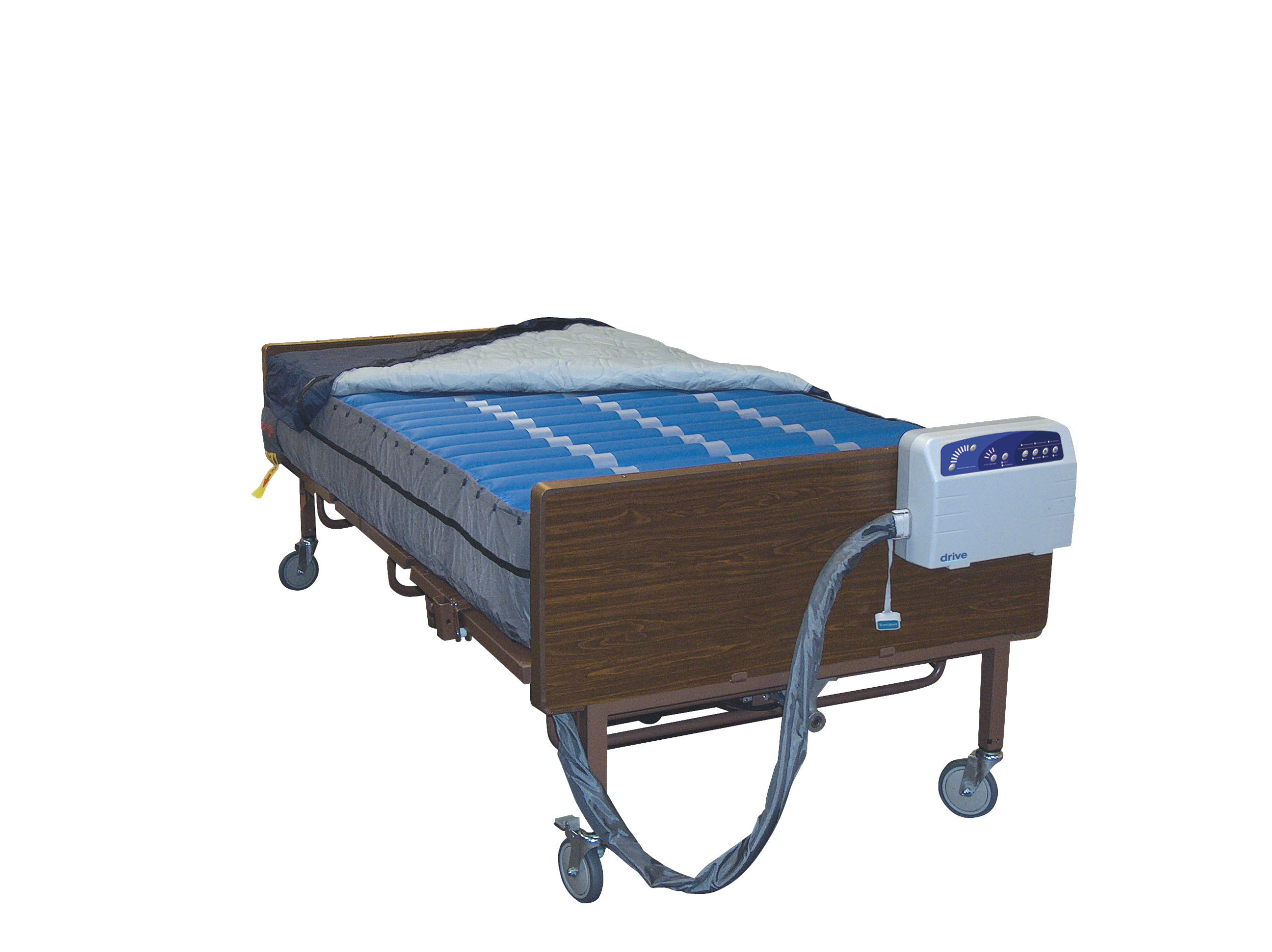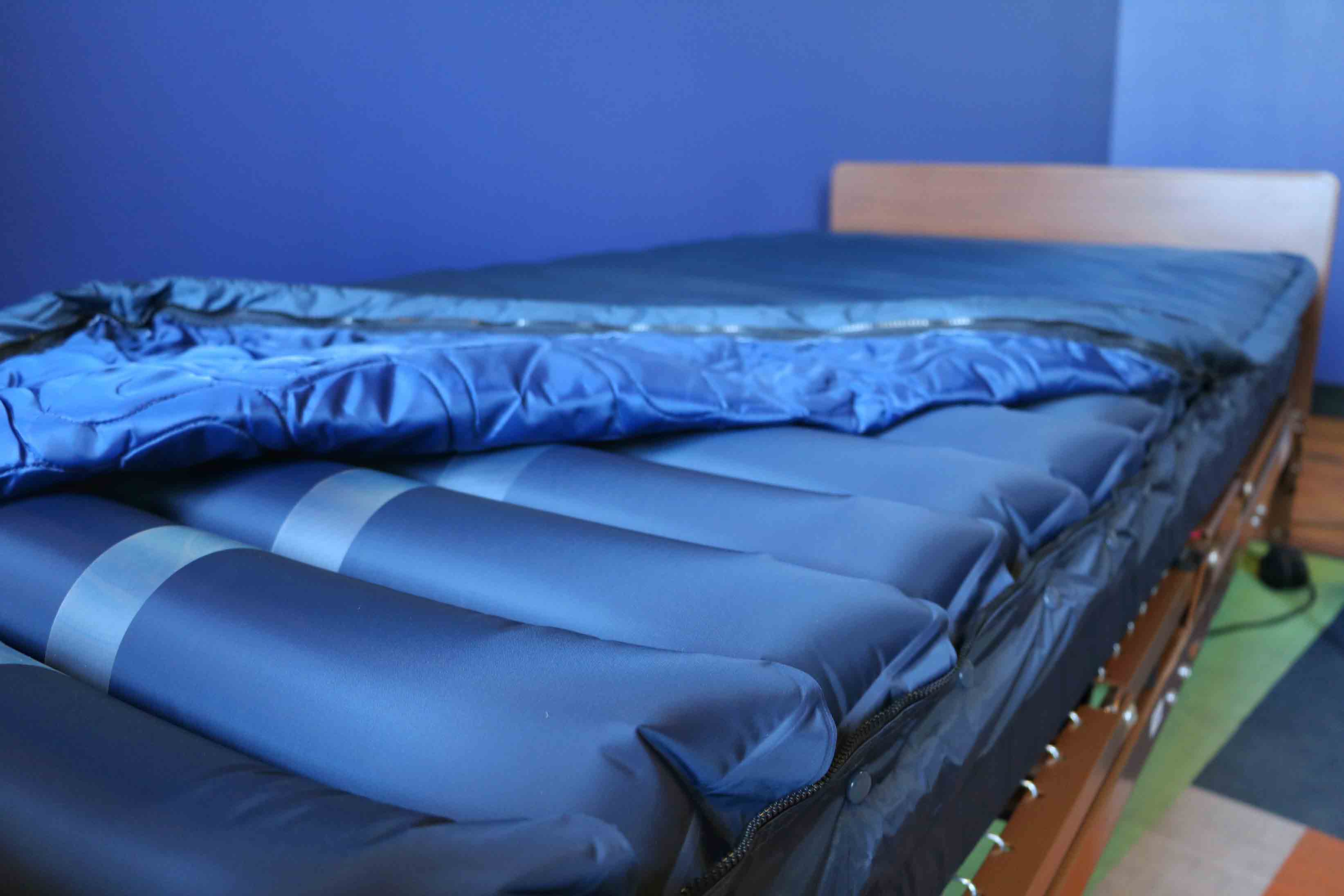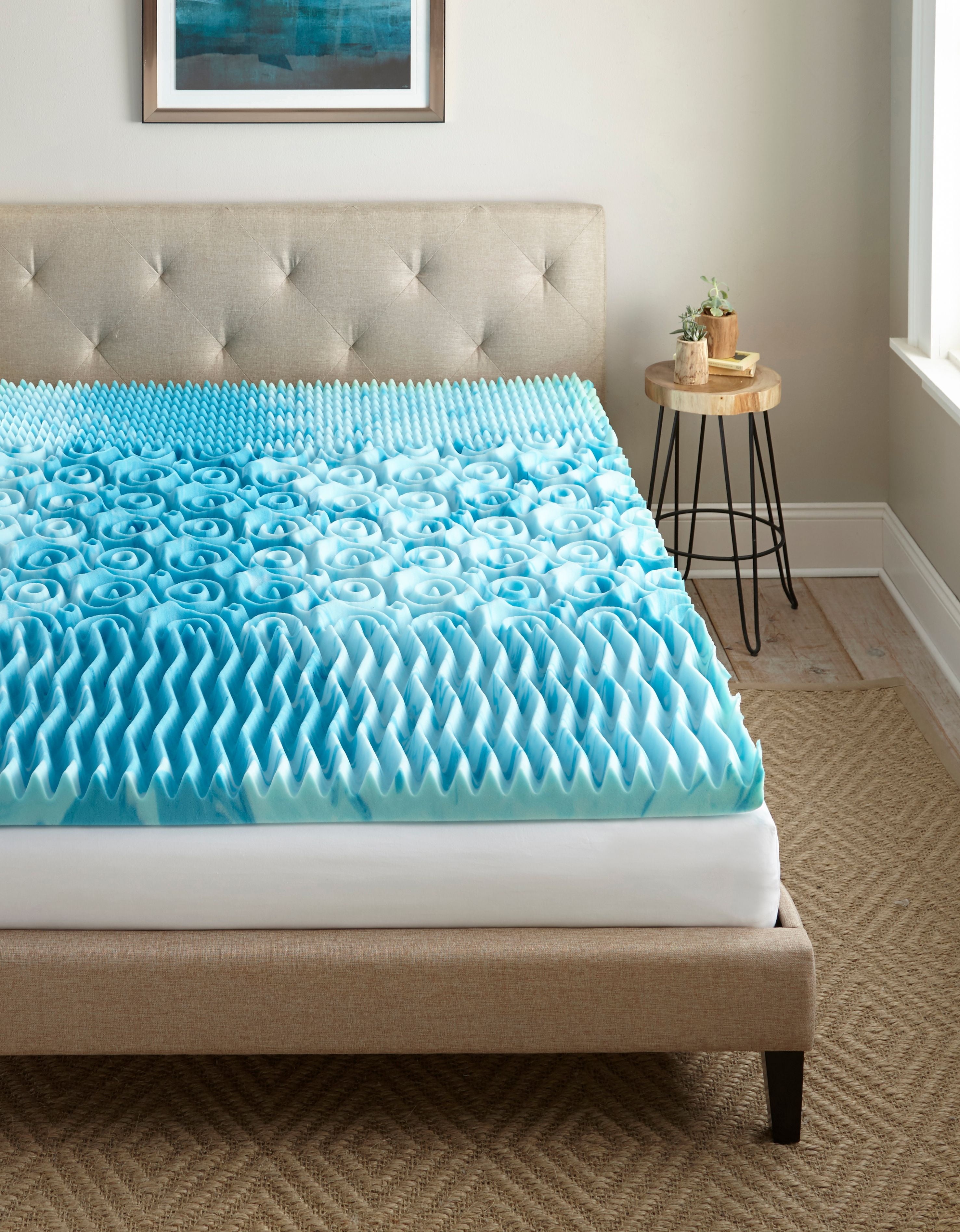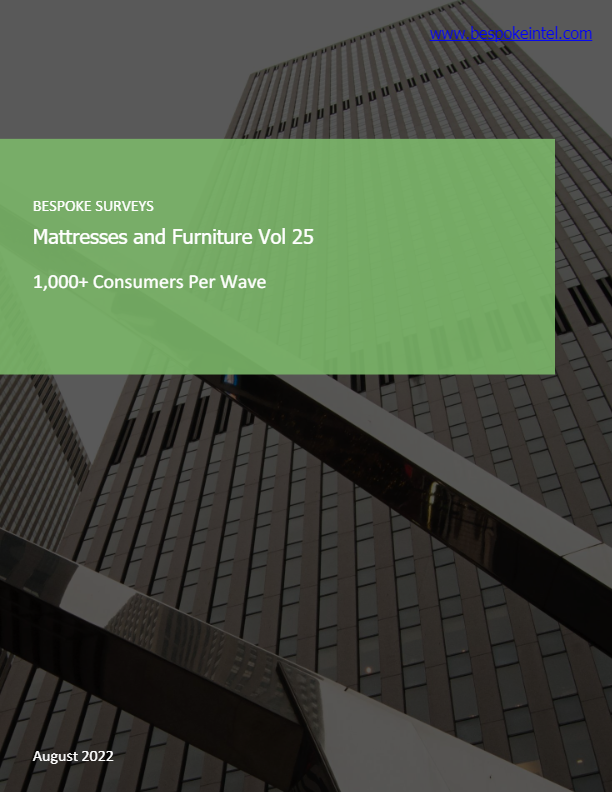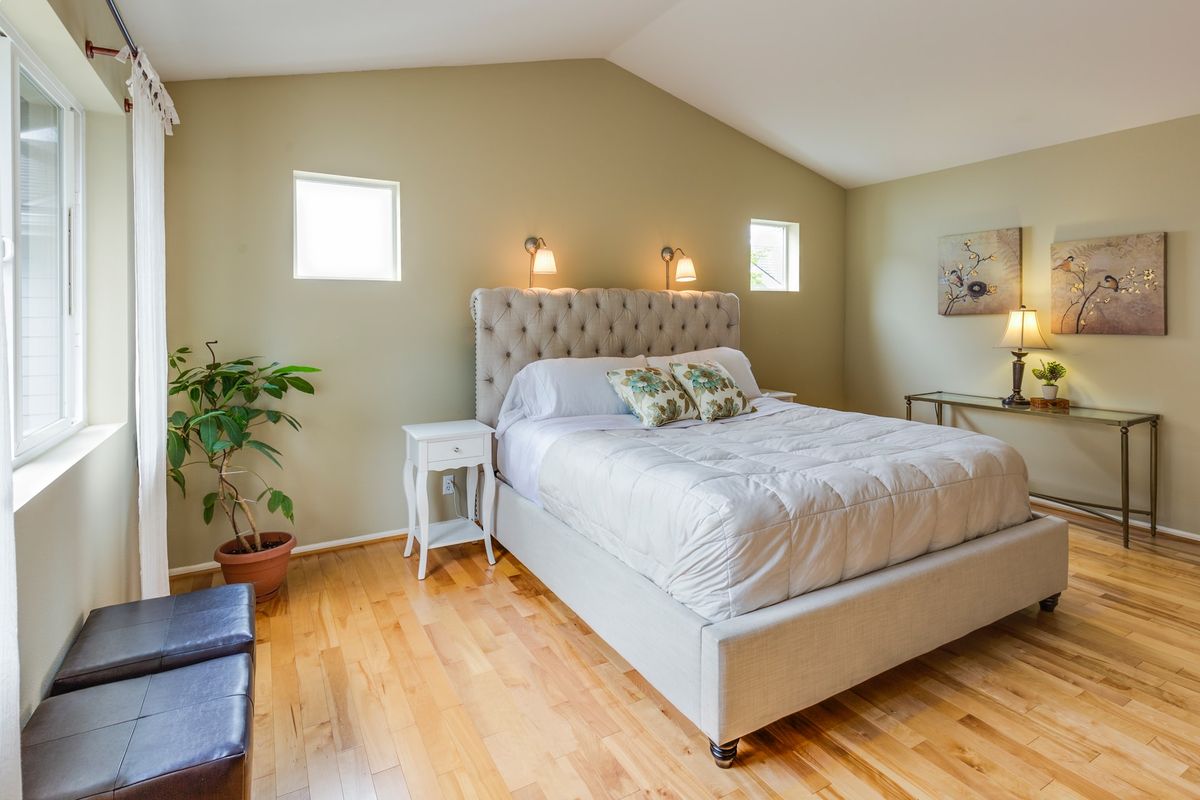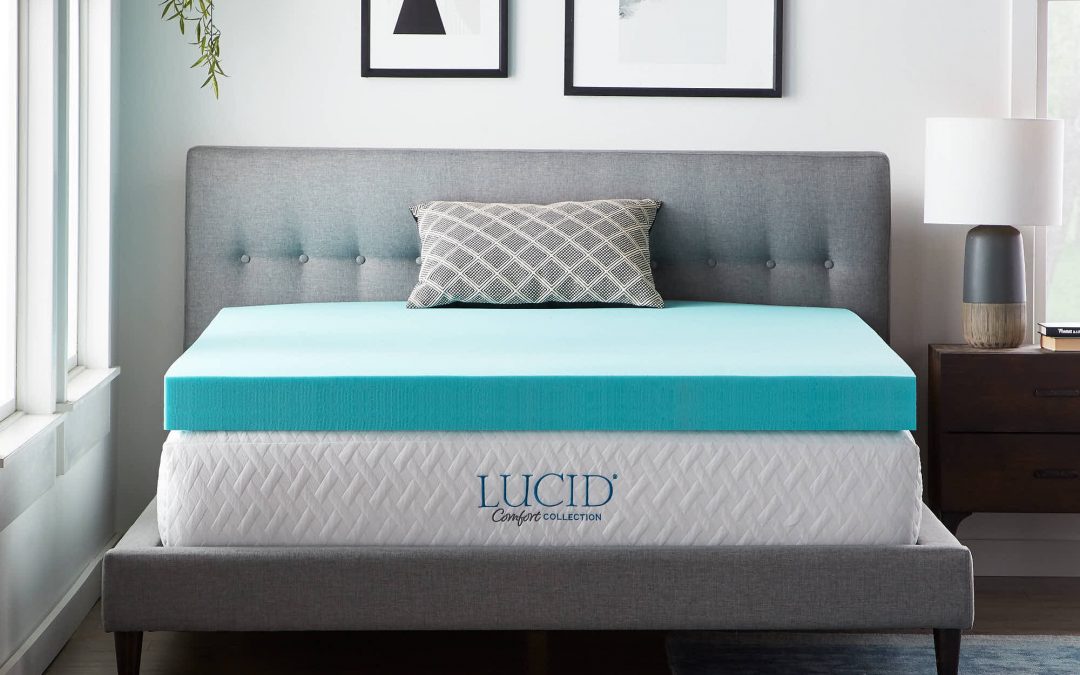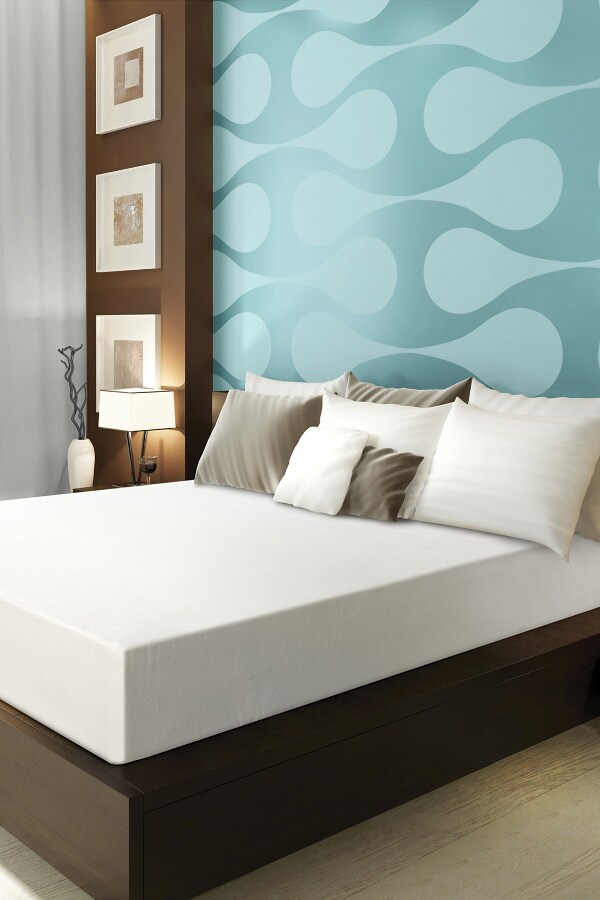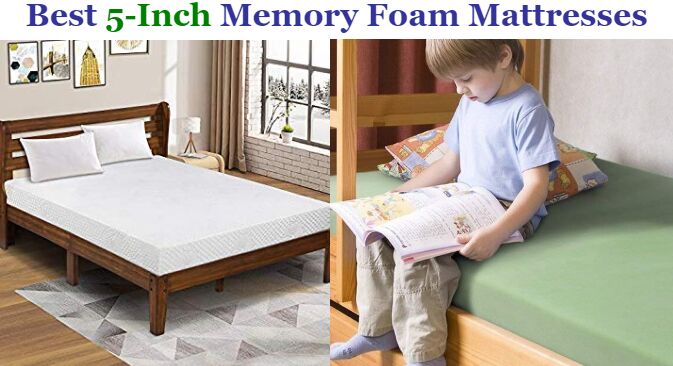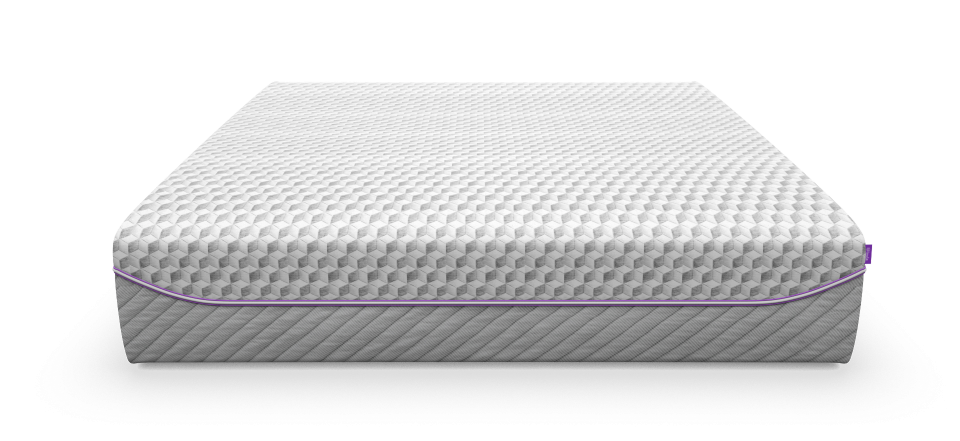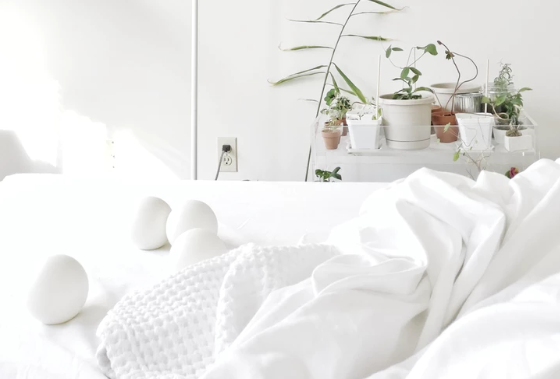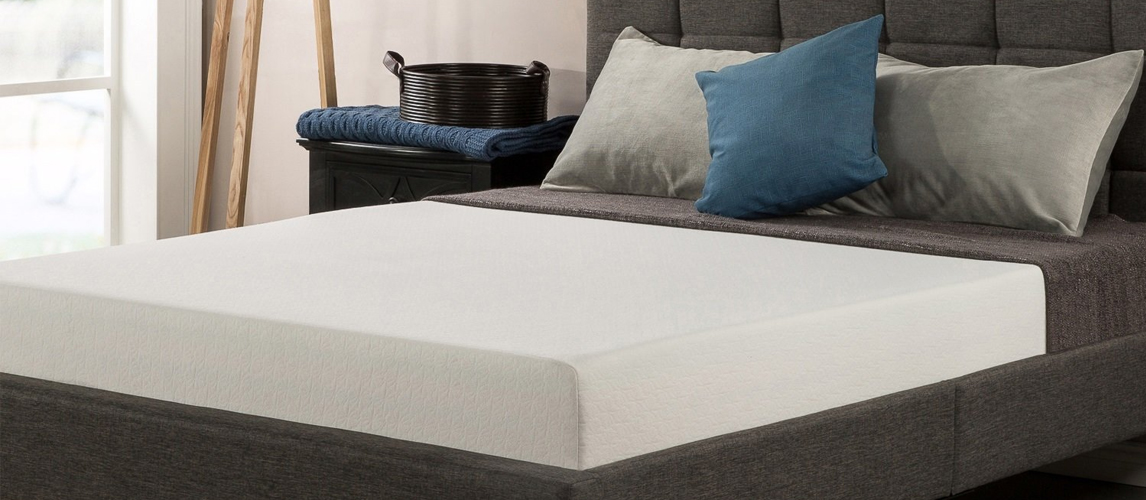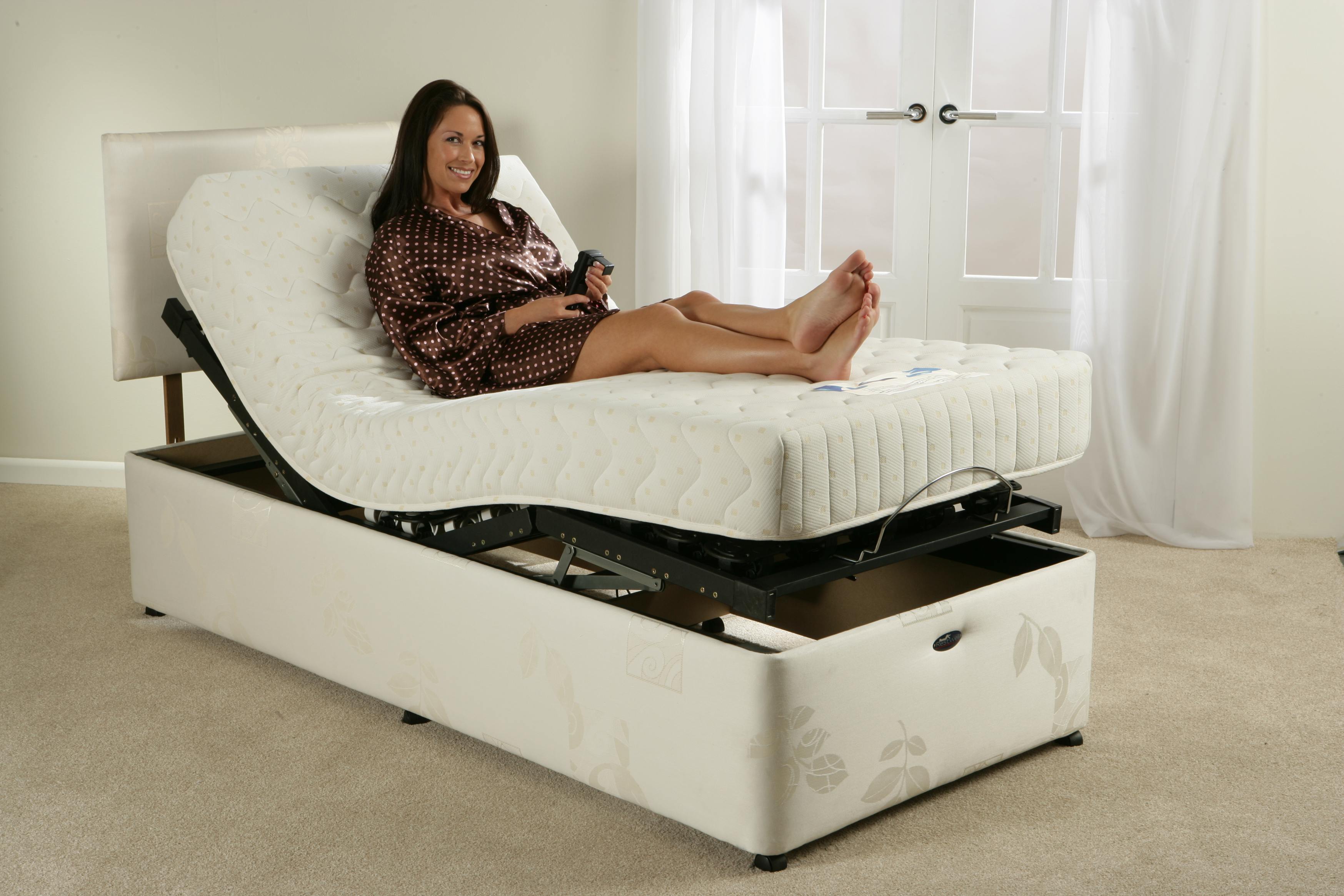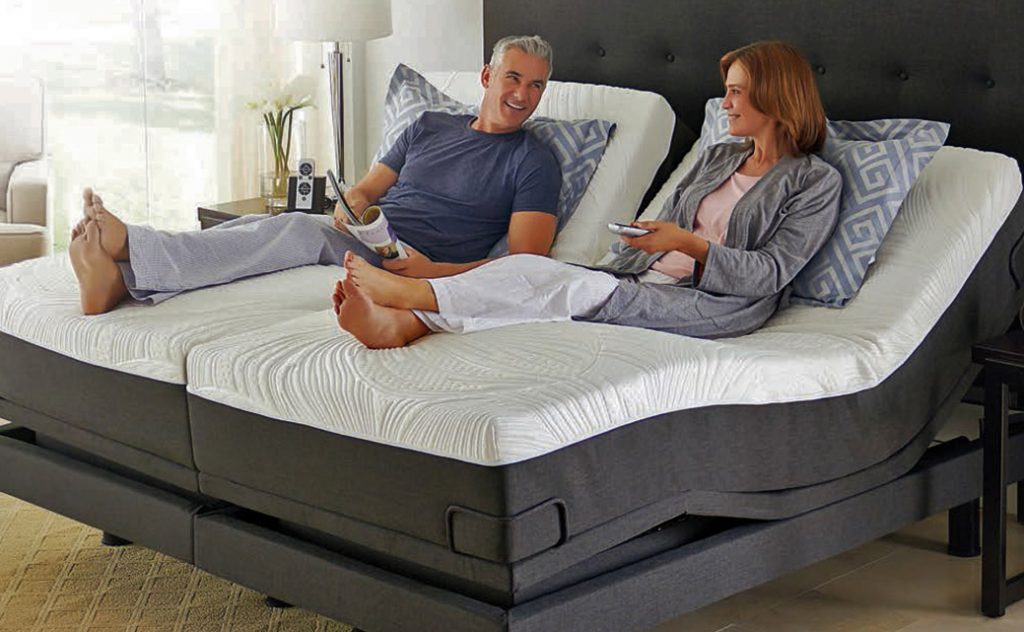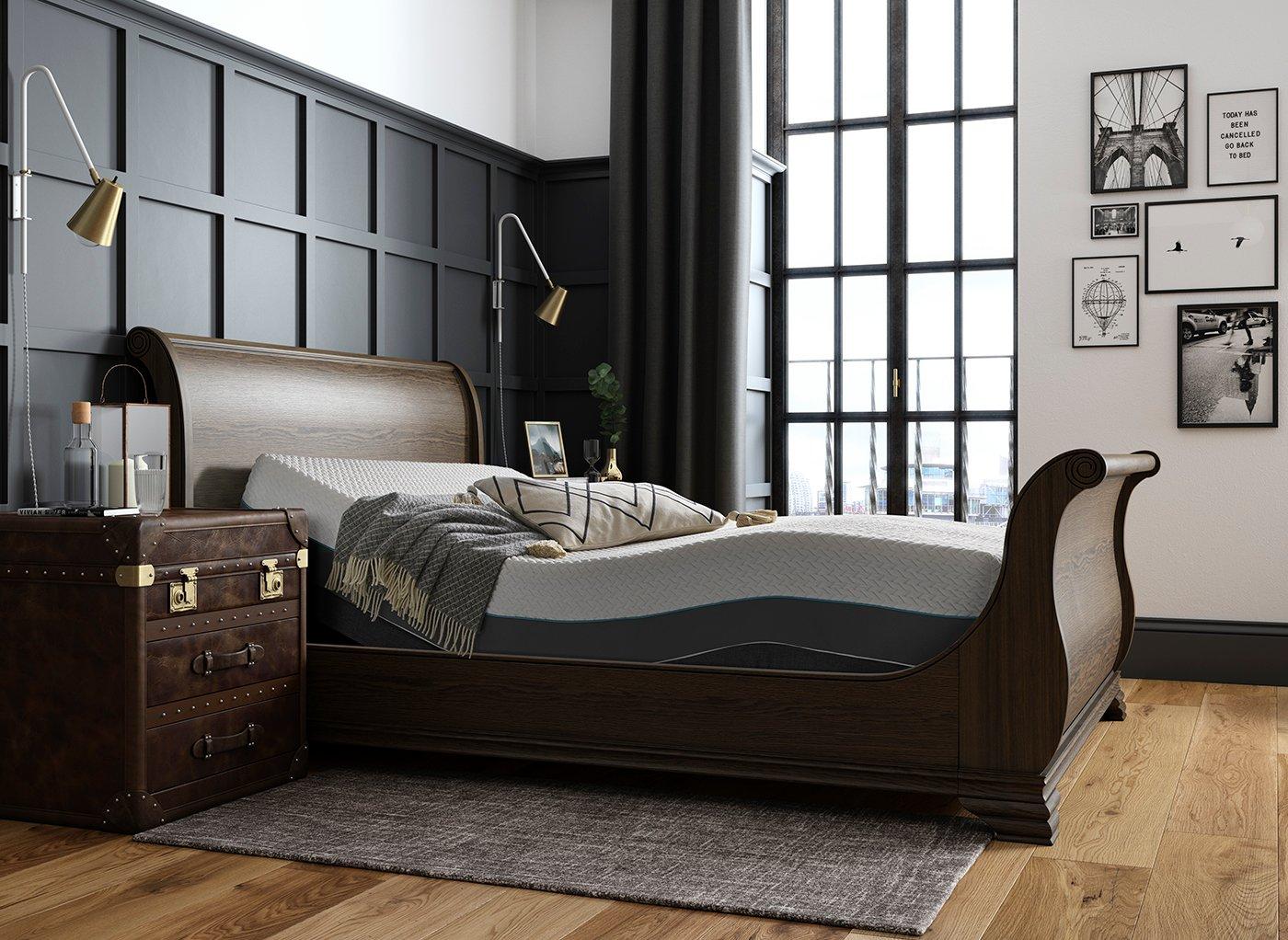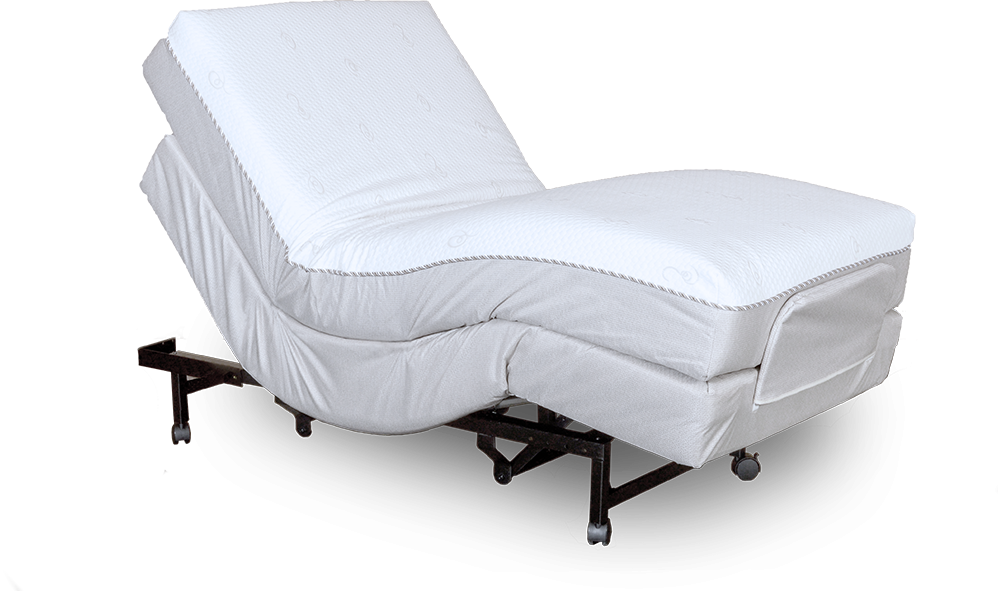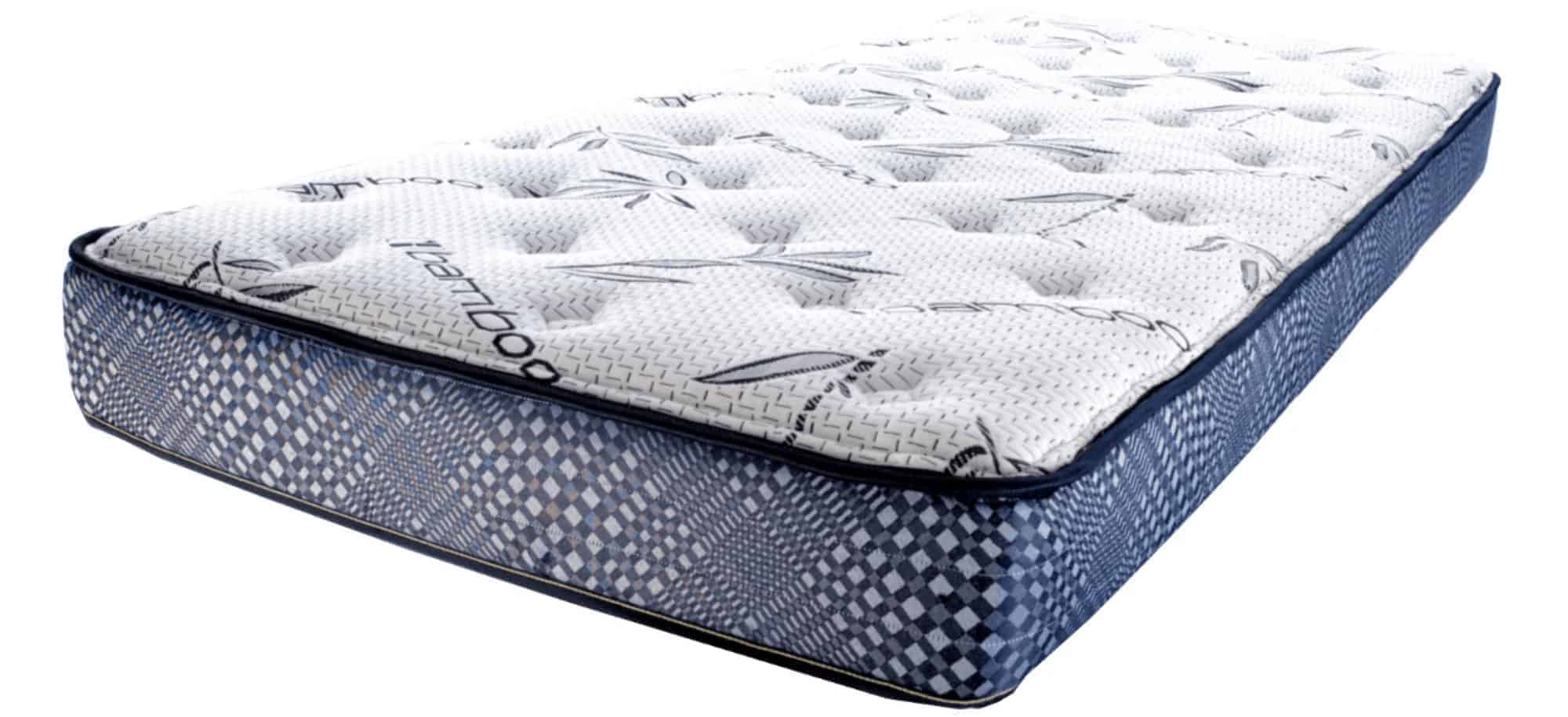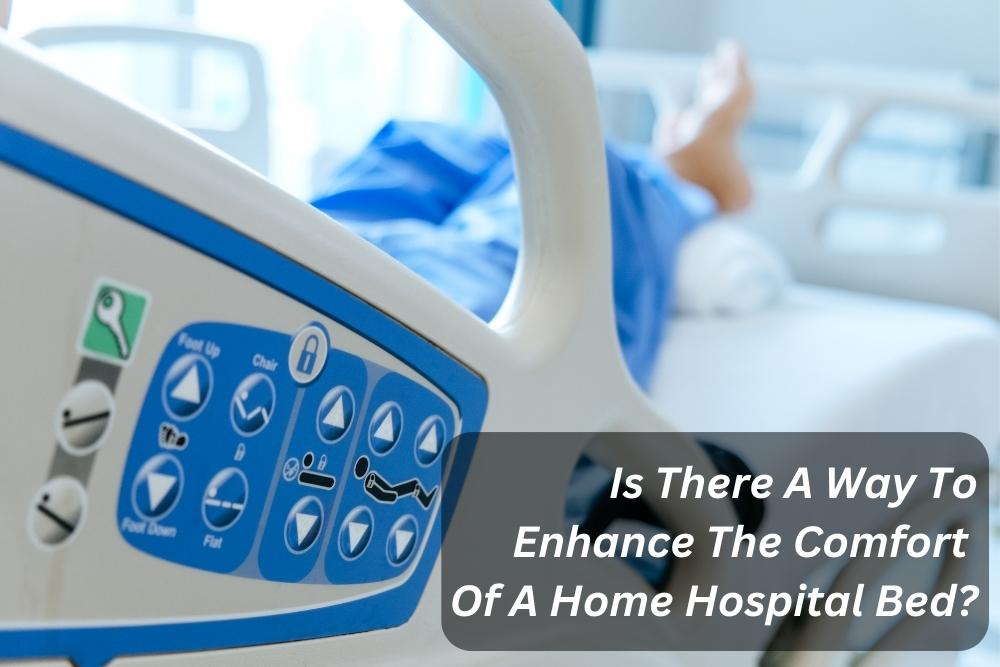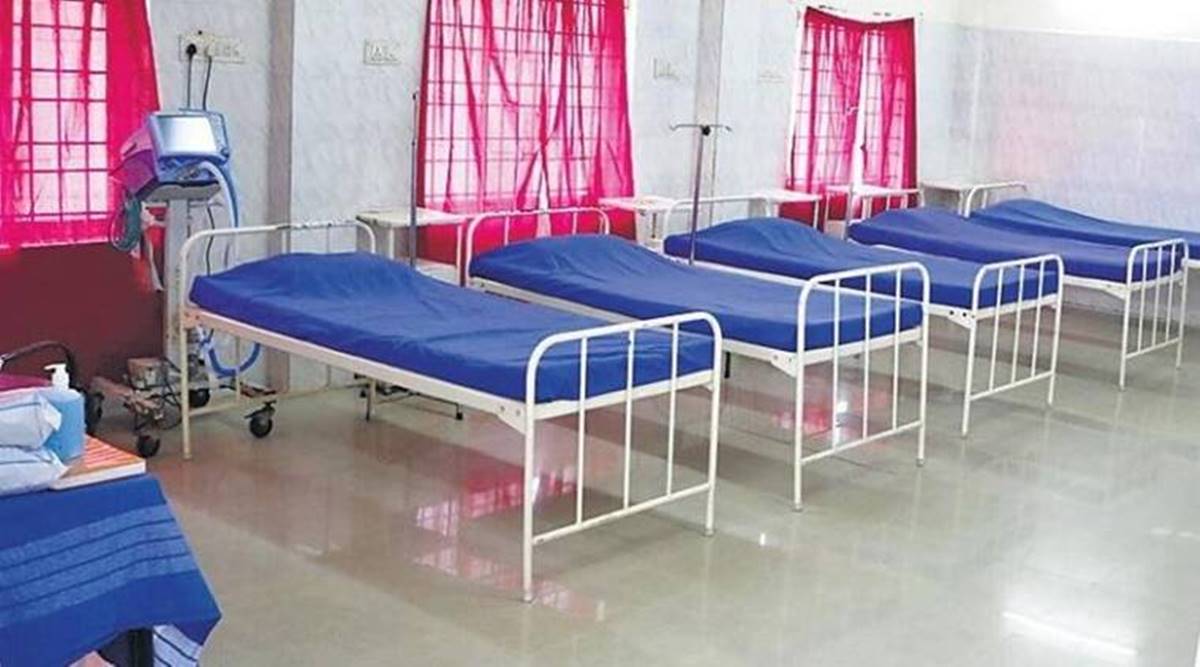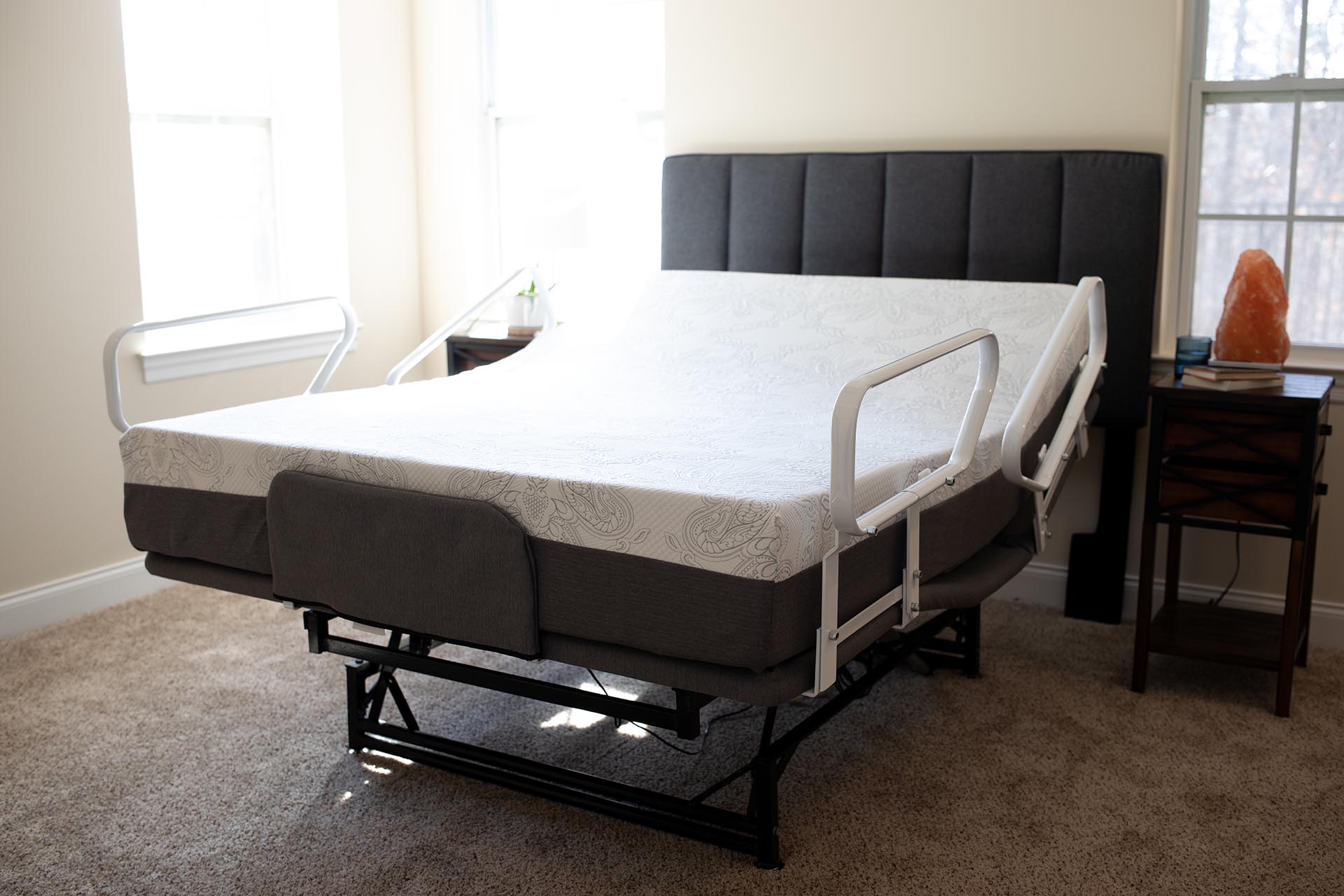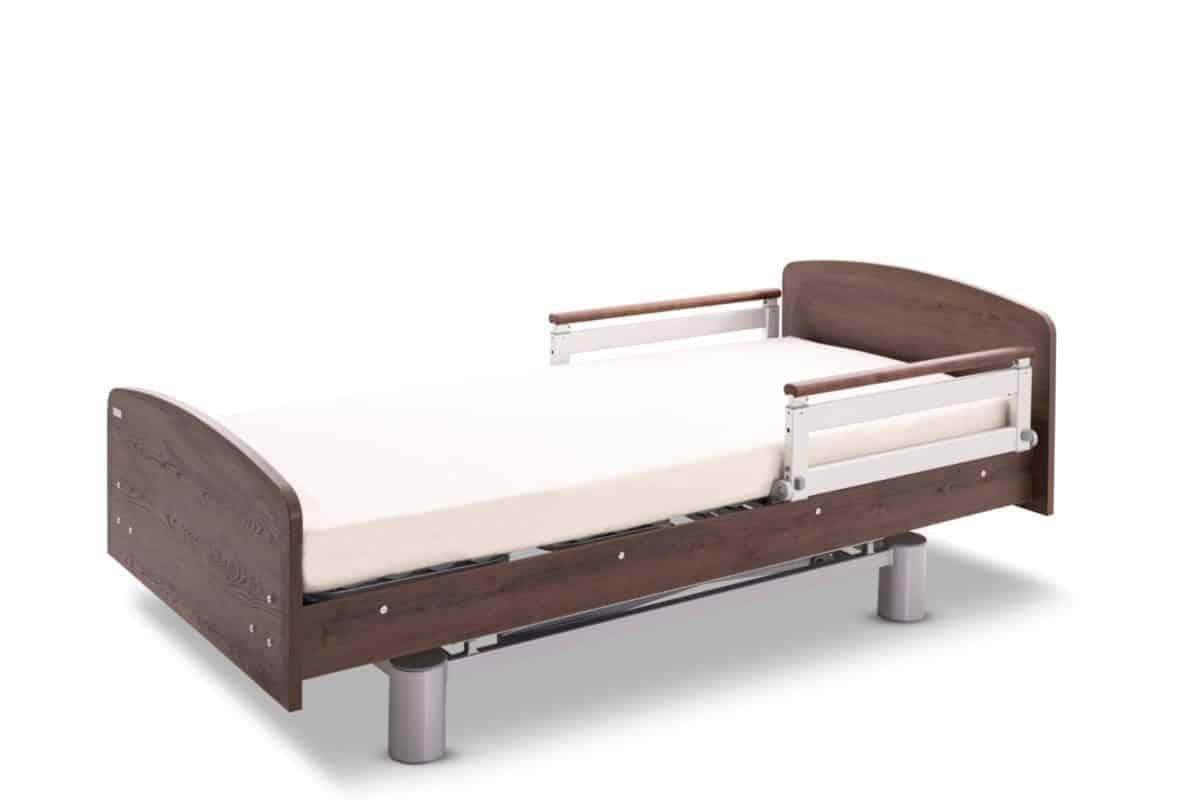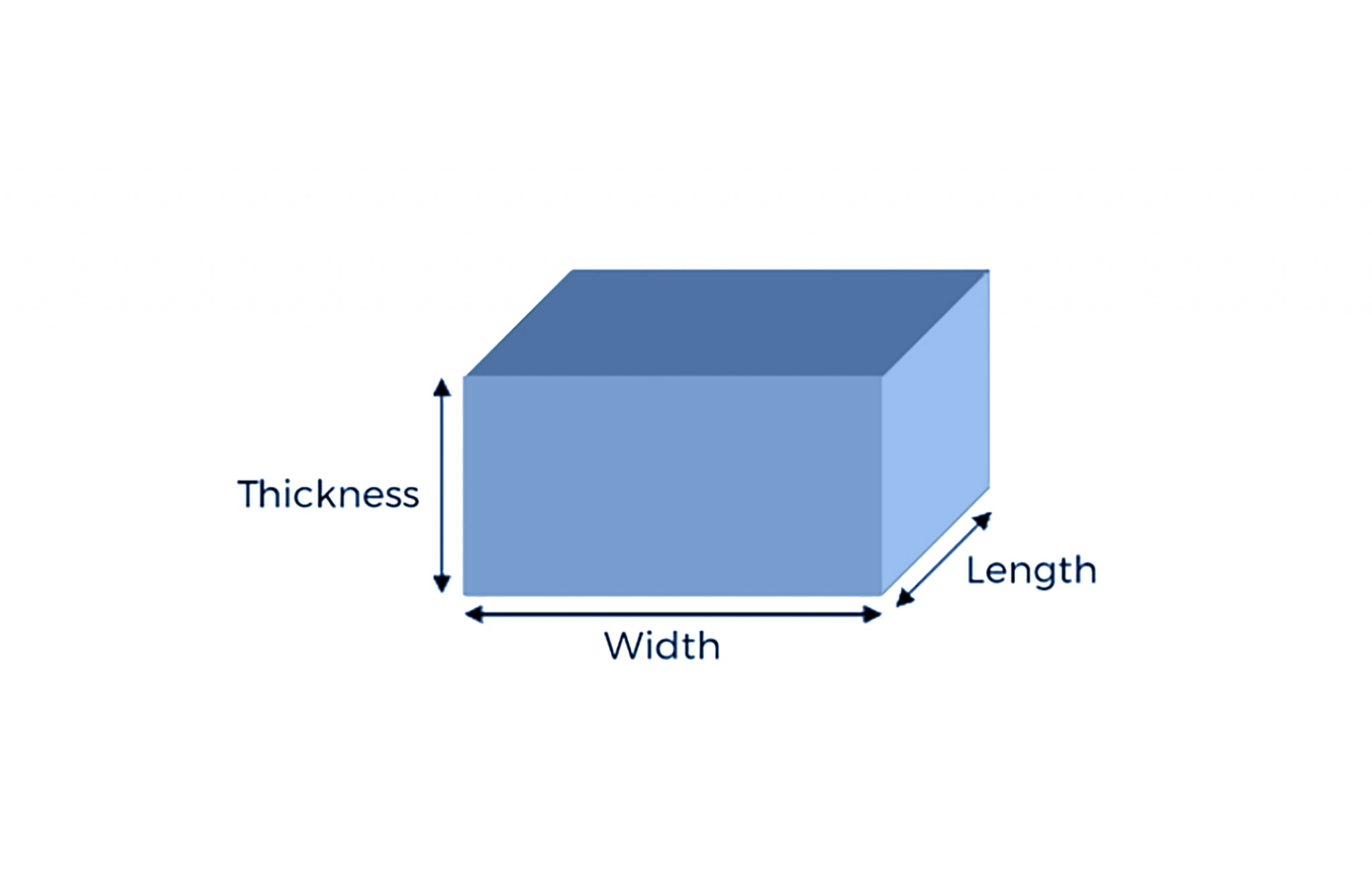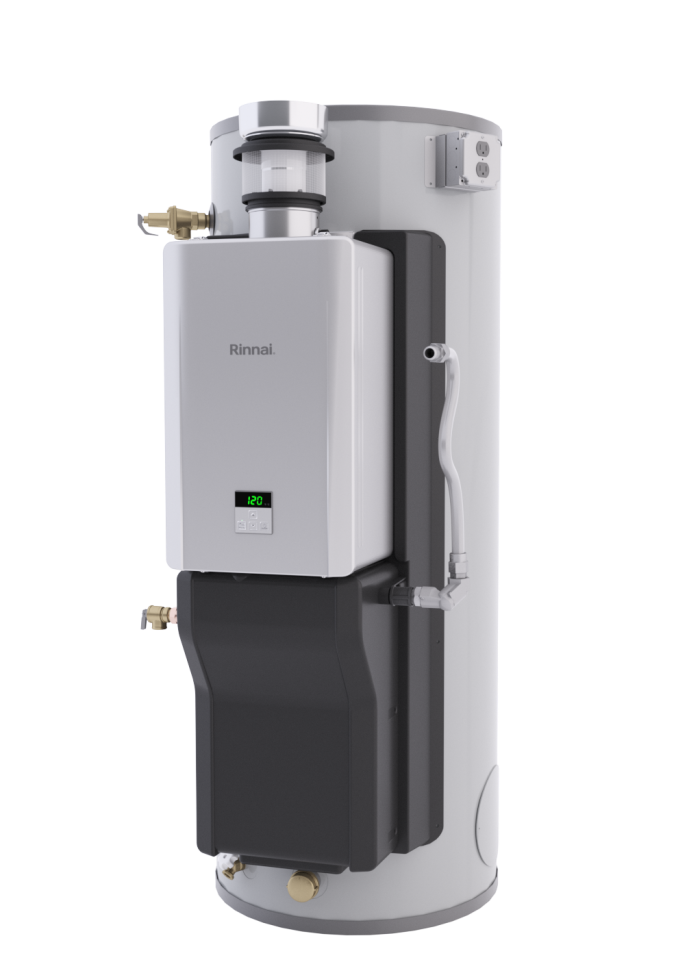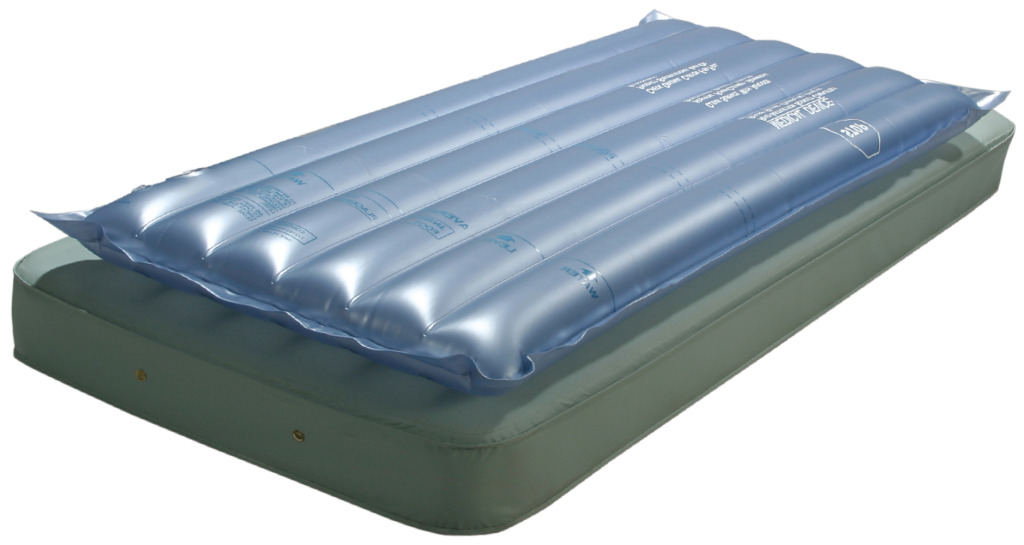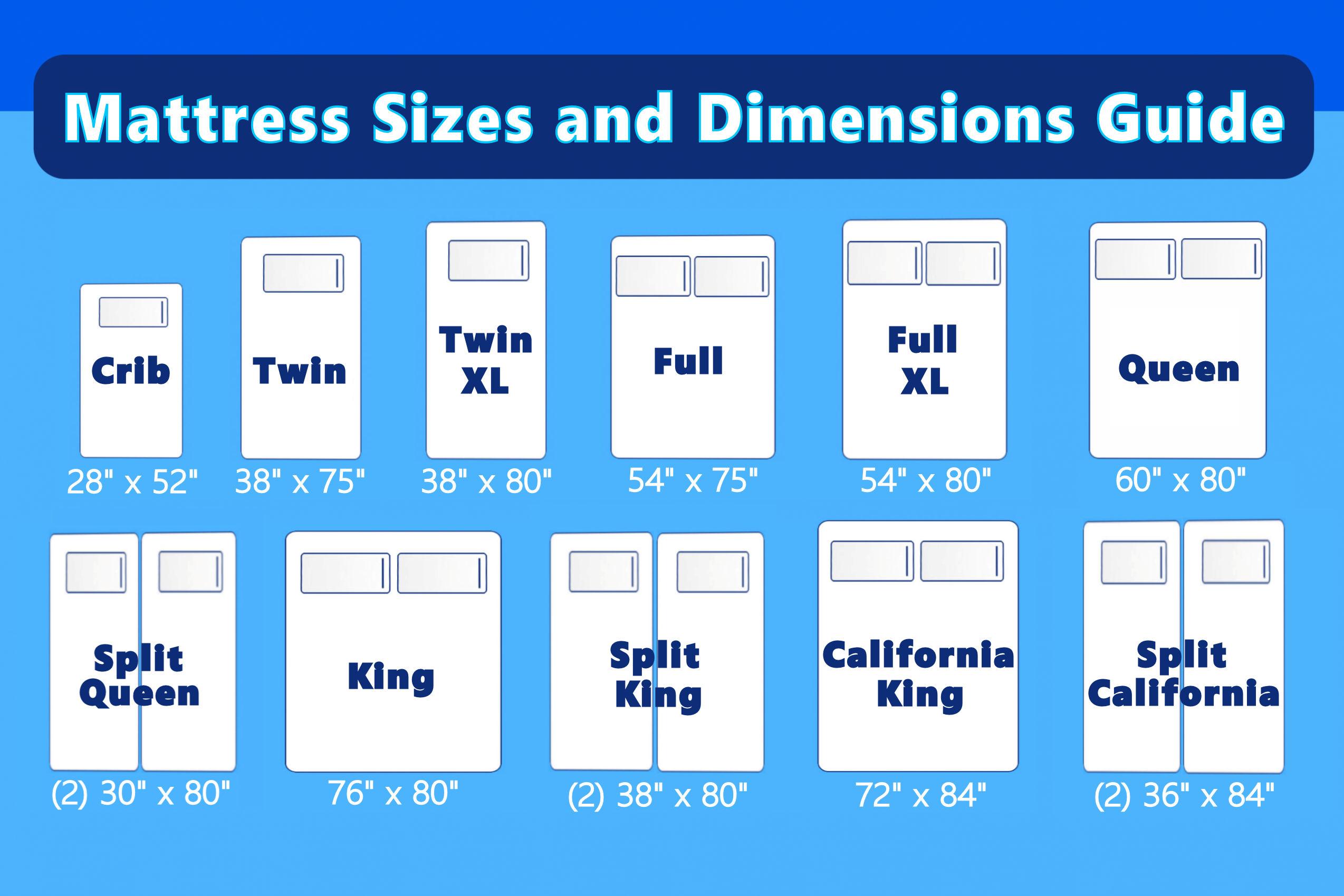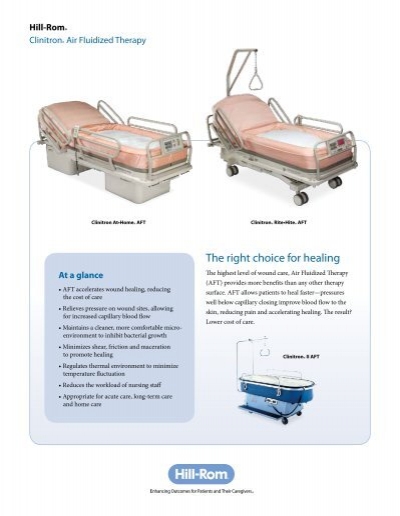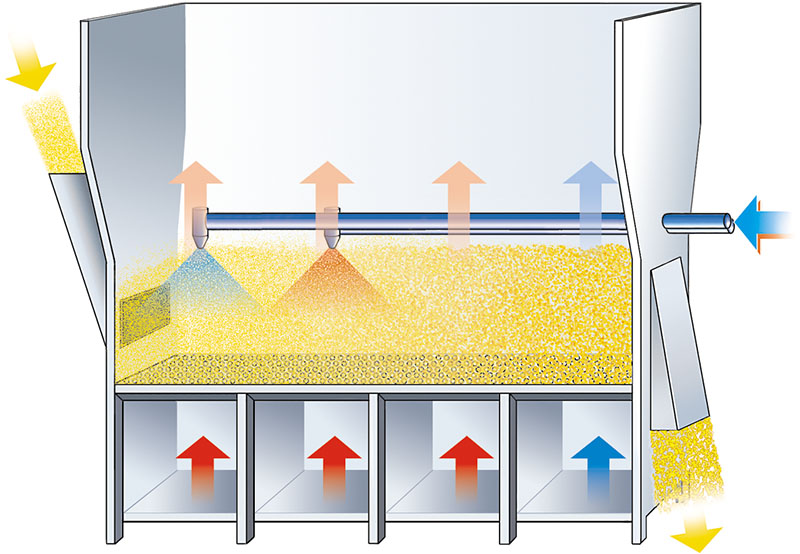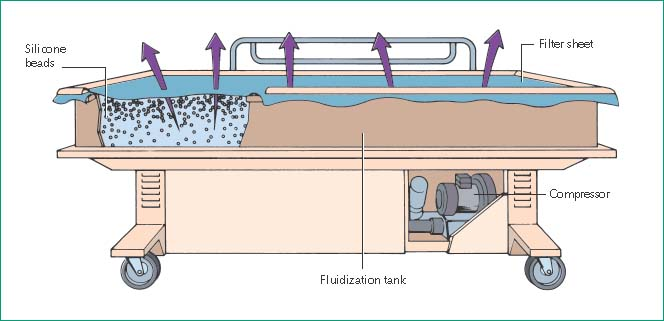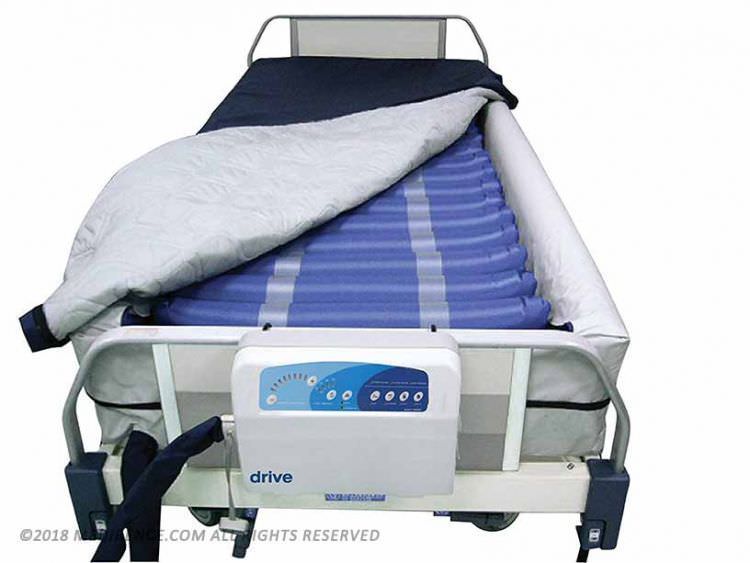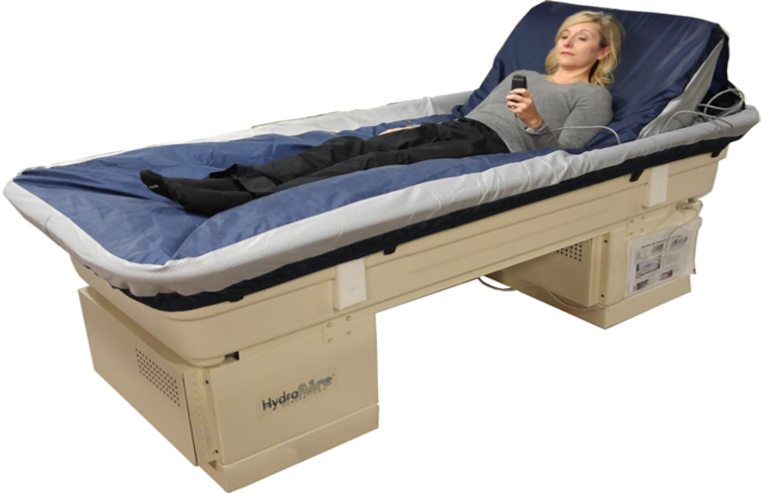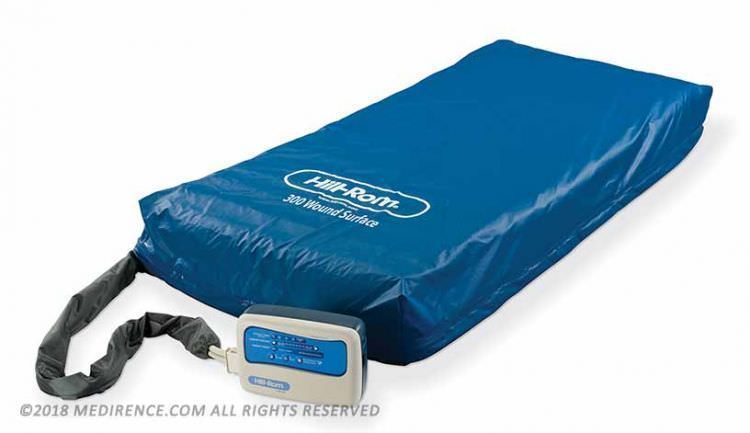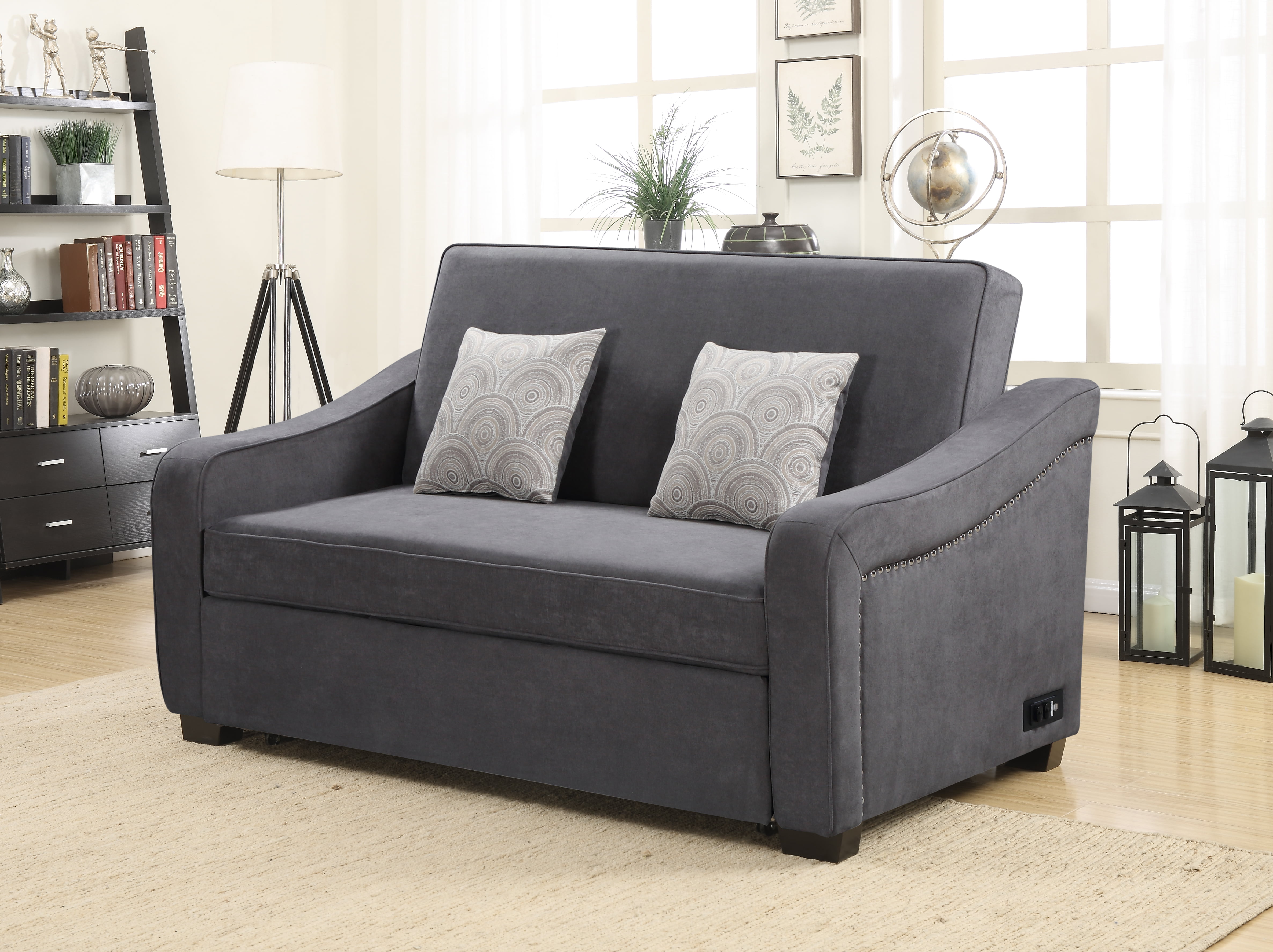Pressure relief mattresses are designed specifically for individuals who are at risk for developing bedsores. These mattresses distribute body weight evenly, reducing pressure on vulnerable areas of the body and preventing the formation of bedsores. They are often made of high-density foam or air-filled pockets that conform to the body's shape, providing support and comfort while minimizing pressure points. If you or a loved one is bedridden or spends a significant amount of time in bed, investing in a pressure relief mattress can greatly improve overall comfort and prevent the development of painful and potentially dangerous bedsores.1. Pressure Relief Mattresses
Alternating pressure mattresses use air-filled cells that inflate and deflate in a specific pattern to continuously adjust the pressure on different areas of the body. This helps to promote blood flow and prevent the build-up of pressure in any one area, reducing the risk of bedsores. These mattresses are often used in hospitals and long-term care facilities, but can also be purchased for home use. Many alternating pressure mattresses also come with adjustable settings, allowing the user to customize the pressure and firmness to their individual needs.2. Alternating Pressure Mattresses
Low air loss mattresses are similar to alternating pressure mattresses, but they use a larger number of air cells to provide a greater level of support and pressure relief. These mattresses also have a built-in air circulation system that helps to keep the skin cool and dry, reducing the risk of moisture build-up and skin breakdown. Low air loss mattresses are often recommended for individuals with severe mobility issues or those who are at high risk for developing bedsores.3. Low Air Loss Mattresses
Gel mattresses are made of a combination of foam and gel cells, providing a supportive and comfortable surface while also reducing pressure on the body. The gel cells help to distribute body weight evenly and conform to the body's shape, while the foam provides additional support and cushioning. These mattresses are often recommended for individuals with chronic pain or pressure-sensitive areas, as they can help to reduce discomfort and prevent the development of bedsores.4. Gel Mattresses
Memory foam mattresses are known for their ability to contour to the body's shape, providing customized support and reducing pressure points. This makes them a popular choice for individuals with chronic pain or those at risk for bedsores. Memory foam mattresses also have the added benefit of being hypoallergenic, making them a good option for individuals with allergies or sensitivities.5. Memory Foam Mattresses
Adjustable beds allow for customized positioning, which can be beneficial for individuals who are bedridden or spend a lot of time in bed. By adjusting the angle of the bed, pressure can be relieved from vulnerable areas of the body, reducing the risk of bedsores. Adjustable beds can also improve overall comfort and make it easier for caregivers to provide care and assistance.6. Adjustable Beds
Hospital beds are designed for individuals who require medical care at home. These beds often come with features such as adjustable height, positioning, and side rails, making them a good option for individuals at risk for bedsores. Hospital beds also come with pressure relief mattresses, making them a comprehensive solution for those with mobility issues or health conditions that increase the risk of bedsores.7. Hospital Beds
Foam overlays are a cost-effective way to add extra cushioning and pressure relief to an existing mattress. These overlays are made of high-density foam and can be placed on top of a regular mattress to provide additional support and comfort. Foam overlays are easy to install and can be used on any type of mattress, making them a versatile option for those looking to prevent bedsores.8. Foam Overlays
Water mattresses, also known as waterbeds, are filled with water and provide a unique type of support and pressure relief. The water allows the body to float, reducing pressure on vulnerable areas and promoting blood flow. Water mattresses can be heated, providing additional comfort and pain relief for individuals with chronic pain or mobility issues.9. Water Mattresses
Air fluidized beds are a more advanced type of pressure relief mattress, often used in hospitals and long-term care facilities. These beds use small beads that are suspended in air, providing a fluid-like surface that conforms to the body's shape and reduces pressure points. Air fluidized beds are highly effective at preventing bedsores, but they are also the most expensive option on this list. In conclusion, investing in a pressure relief mattress is crucial for individuals who are at risk for developing bedsores. Whether it's a simple foam overlay or a more advanced air fluidized bed, there are many options available to help prevent the painful and potentially dangerous consequences of prolonged pressure on the body. Consult with a healthcare professional to determine the best mattress for your specific needs and make sure to regularly inspect the skin for any signs of bedsores.10. Air Fluidized Beds
When it comes to caring for someone with bedsores, finding the best mattress is crucial. Not only does it provide comfort and support, but it can also prevent further skin breakdown and promote healing. Bedsores, also known as pressure ulcers, are injuries to the skin and underlying tissue caused by prolonged pressure on the skin. They commonly occur in individuals who are bedridden or have limited mobility. Therefore, choosing a mattress that helps alleviate pressure points and distributes weight evenly is essential. One type of mattress that is highly recommended for bedsores is a foam or memory foam mattress. These mattresses are designed to conform to the body's shape and provide support and pressure relief. They can also help reduce friction and shear, which are common causes of bedsores. Additionally, gel-infused memory foam mattresses can provide extra cooling and comfort for those who may have difficulty regulating their body temperature. Another option for those with bedsores is an air mattress , which can be adjusted to different levels of firmness. This allows for customization based on the individual's needs and can help reduce pressure on certain areas of the body. Some air mattresses also have alternating pressure systems , which constantly change the pressure points to prevent skin breakdown. For individuals who are at high risk of developing bedsores, a low air loss mattress may be the best option. These mattresses have small air-filled cells that constantly deflate and inflate, which helps to keep the skin dry and reduce pressure. They also have a microclimate control feature that helps regulate temperature and moisture levels, which can aid in preventing bedsores. In addition to the type of mattress, proper positioning is also crucial in preventing and treating bedsores. It is essential to frequently change the individual's position and avoid placing pressure on the same area for too long. A hospital bed with adjustable positioning can be beneficial for caregivers as it makes repositioning easier and more comfortable for the individual. In conclusion, finding the best mattress for bedsores requires careful consideration and understanding of the individual's needs. A combination of proper positioning and a pressure-relieving mattress can help prevent and treat bedsores effectively. Consult with a healthcare professional to determine the best mattress option for the individual's specific condition. Remember, a good night's sleep is crucial for overall health and well-being, especially for those with limited mobility and bedsores.


